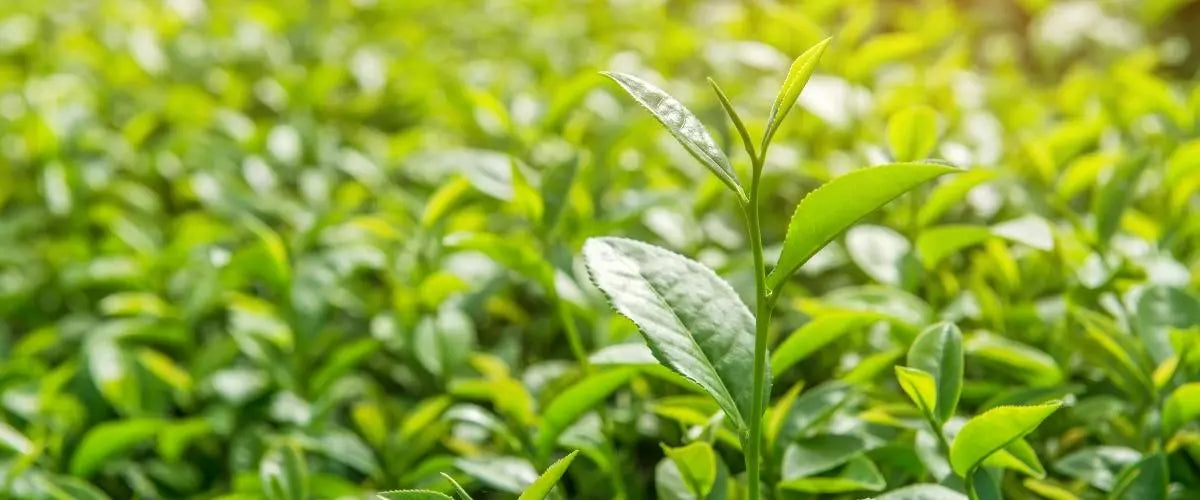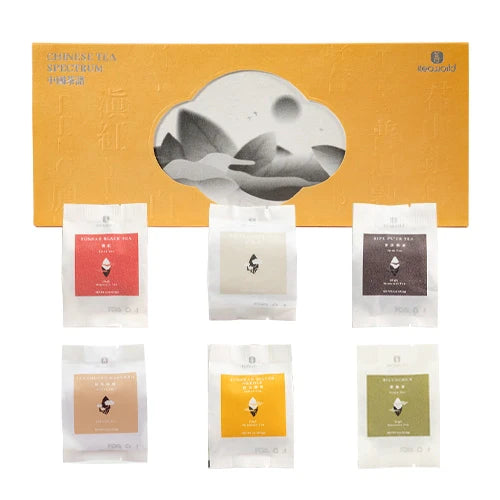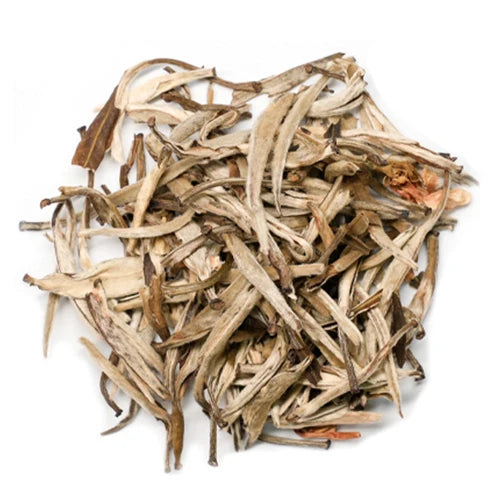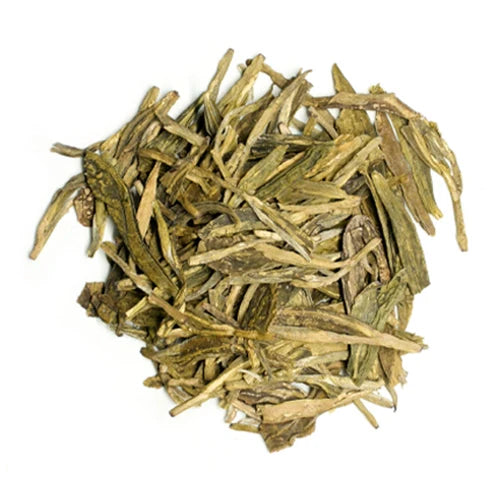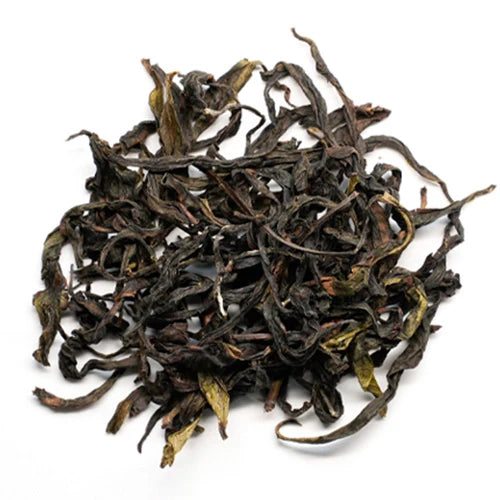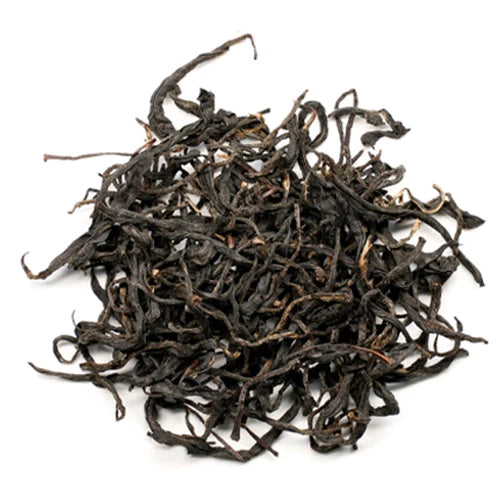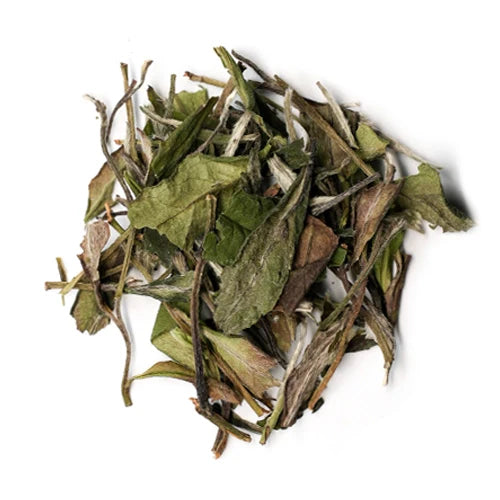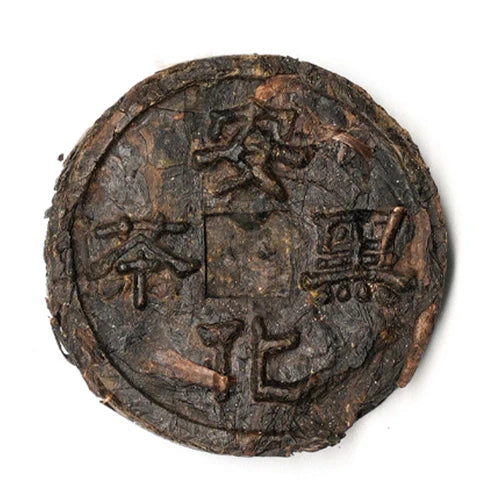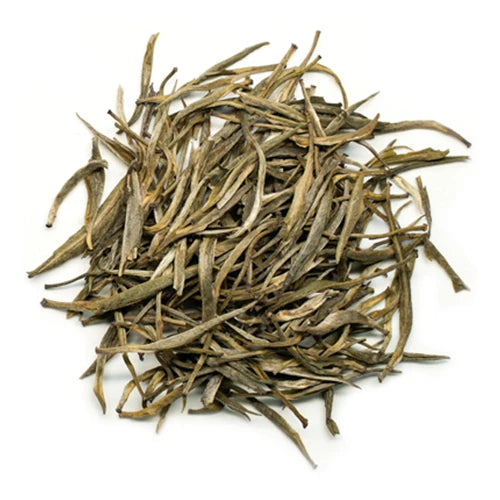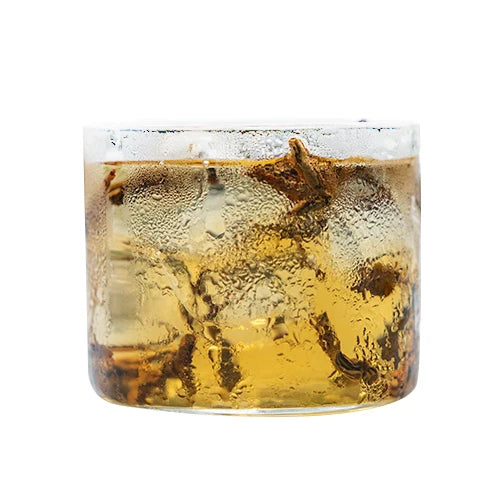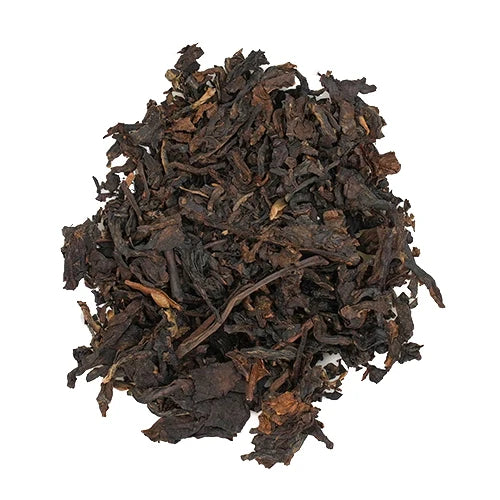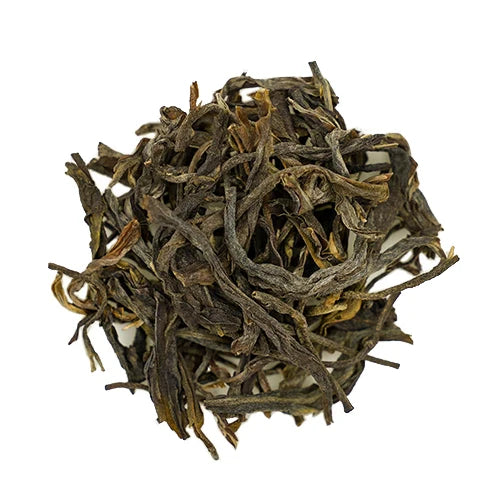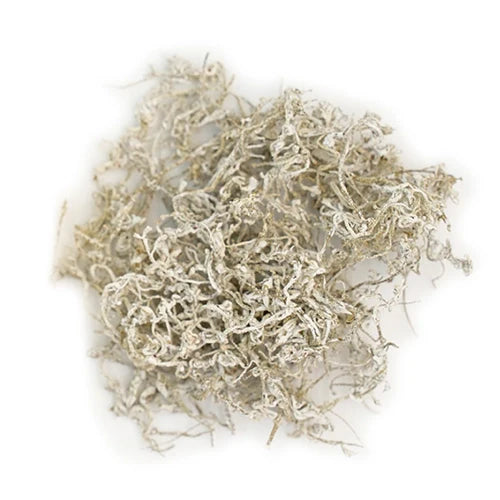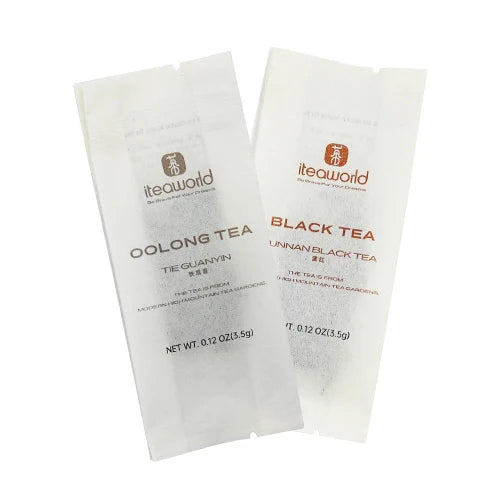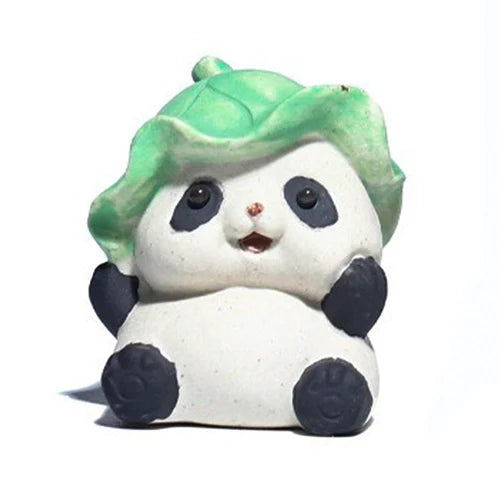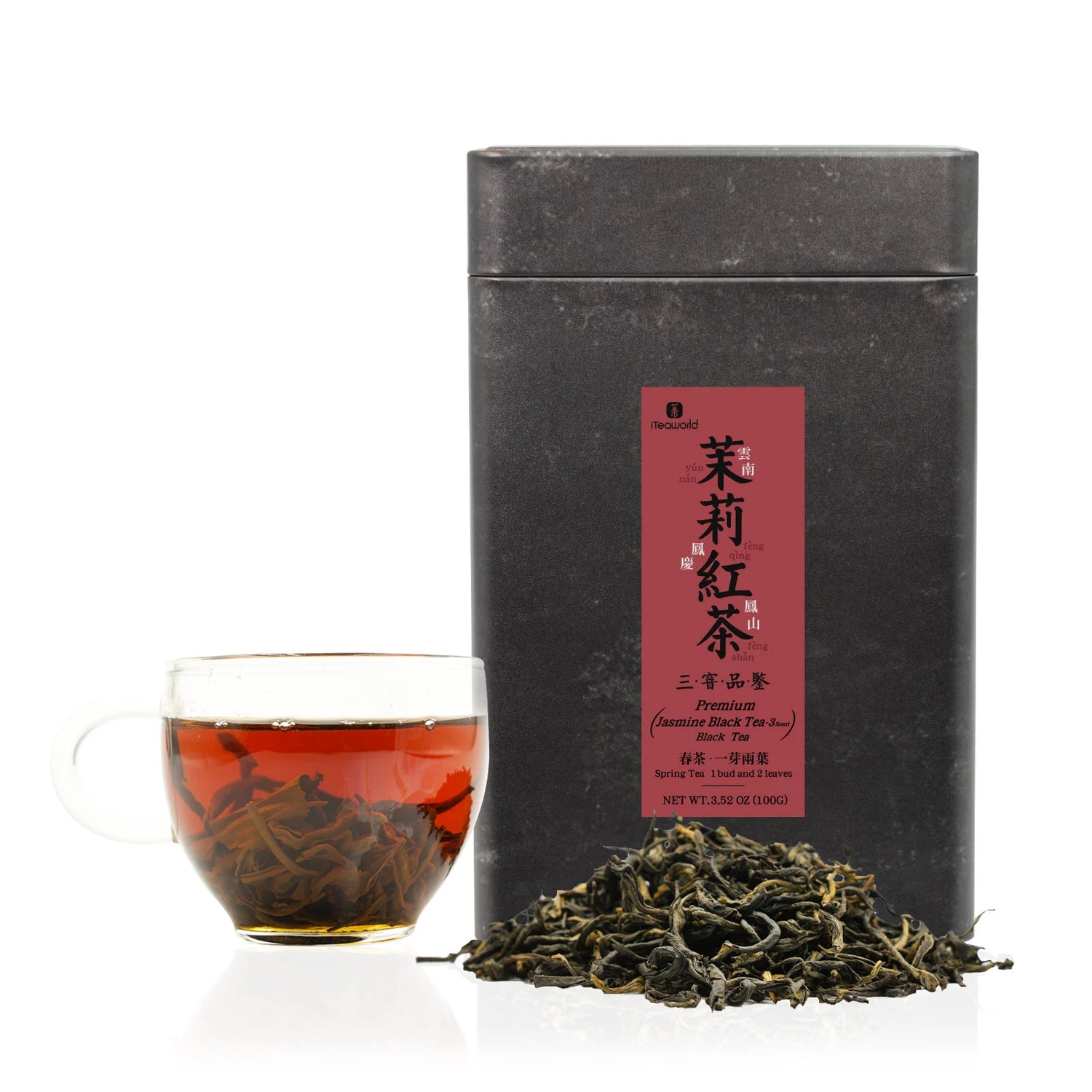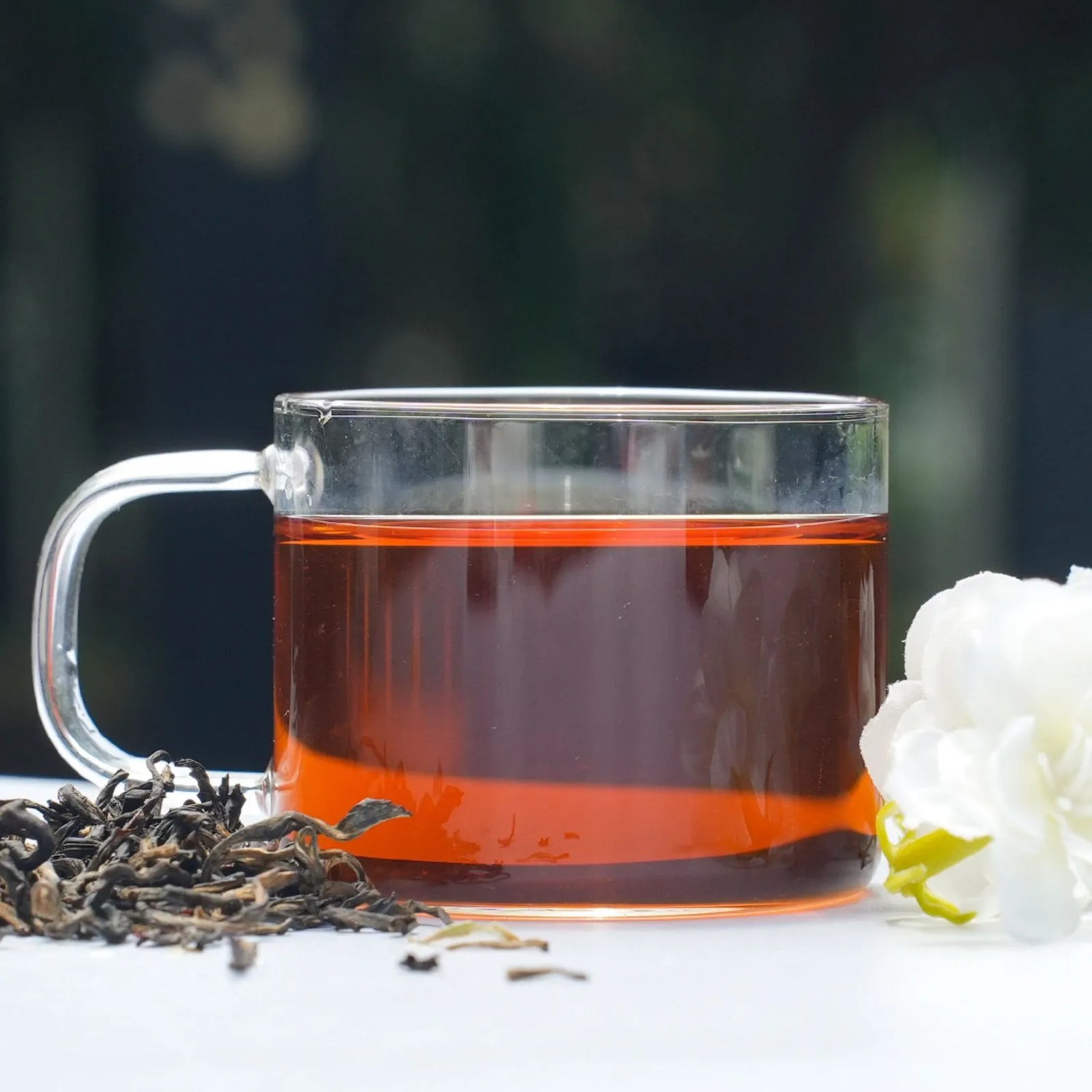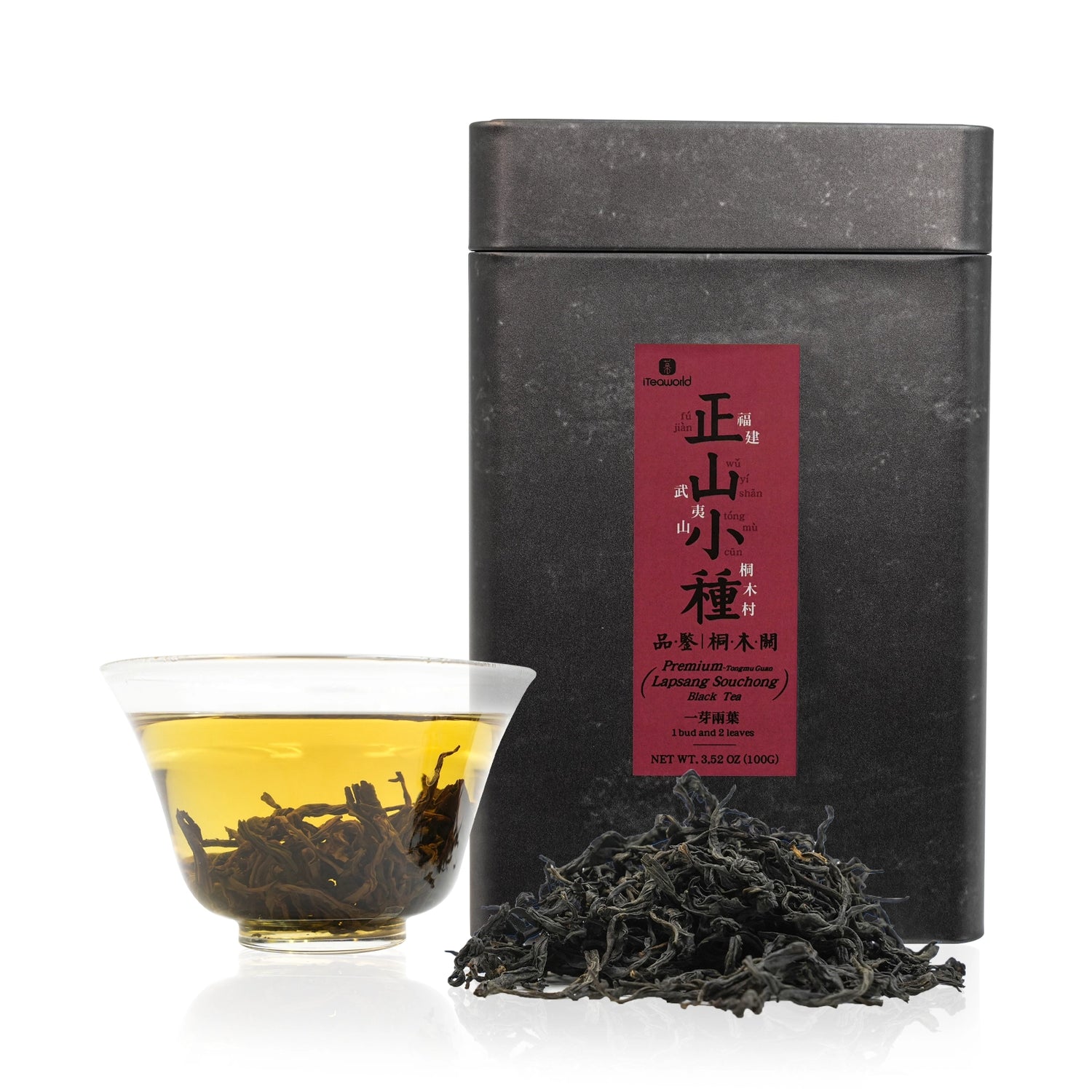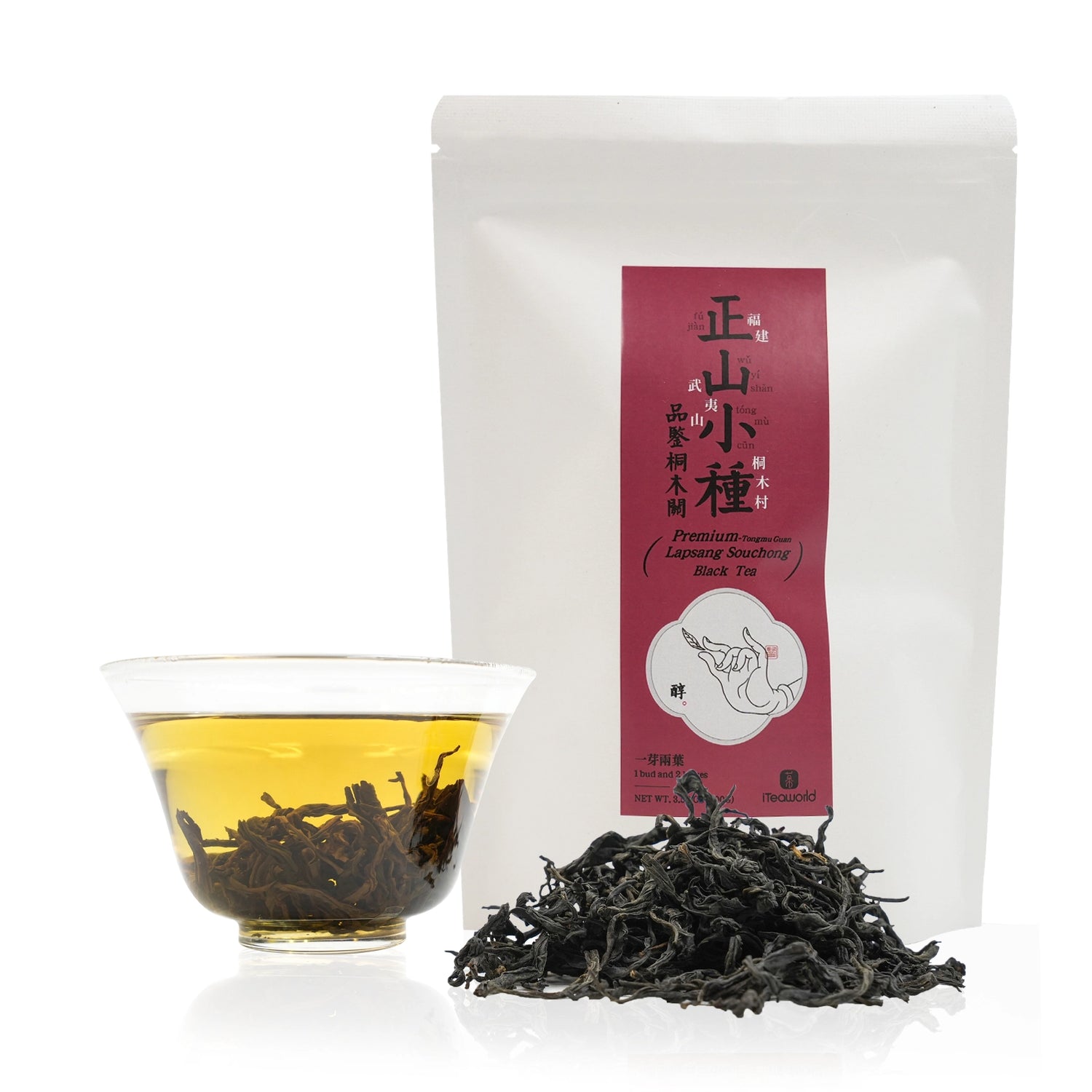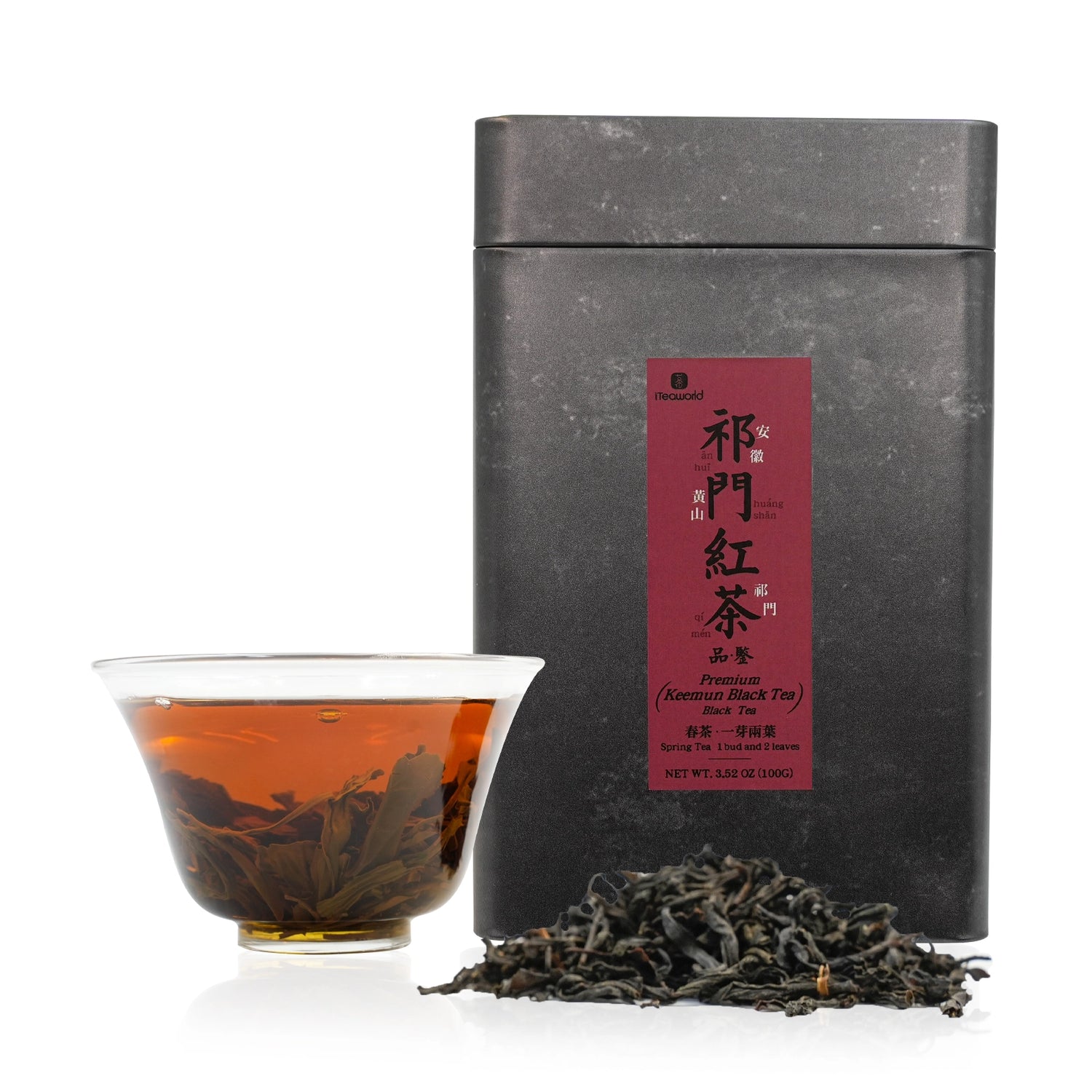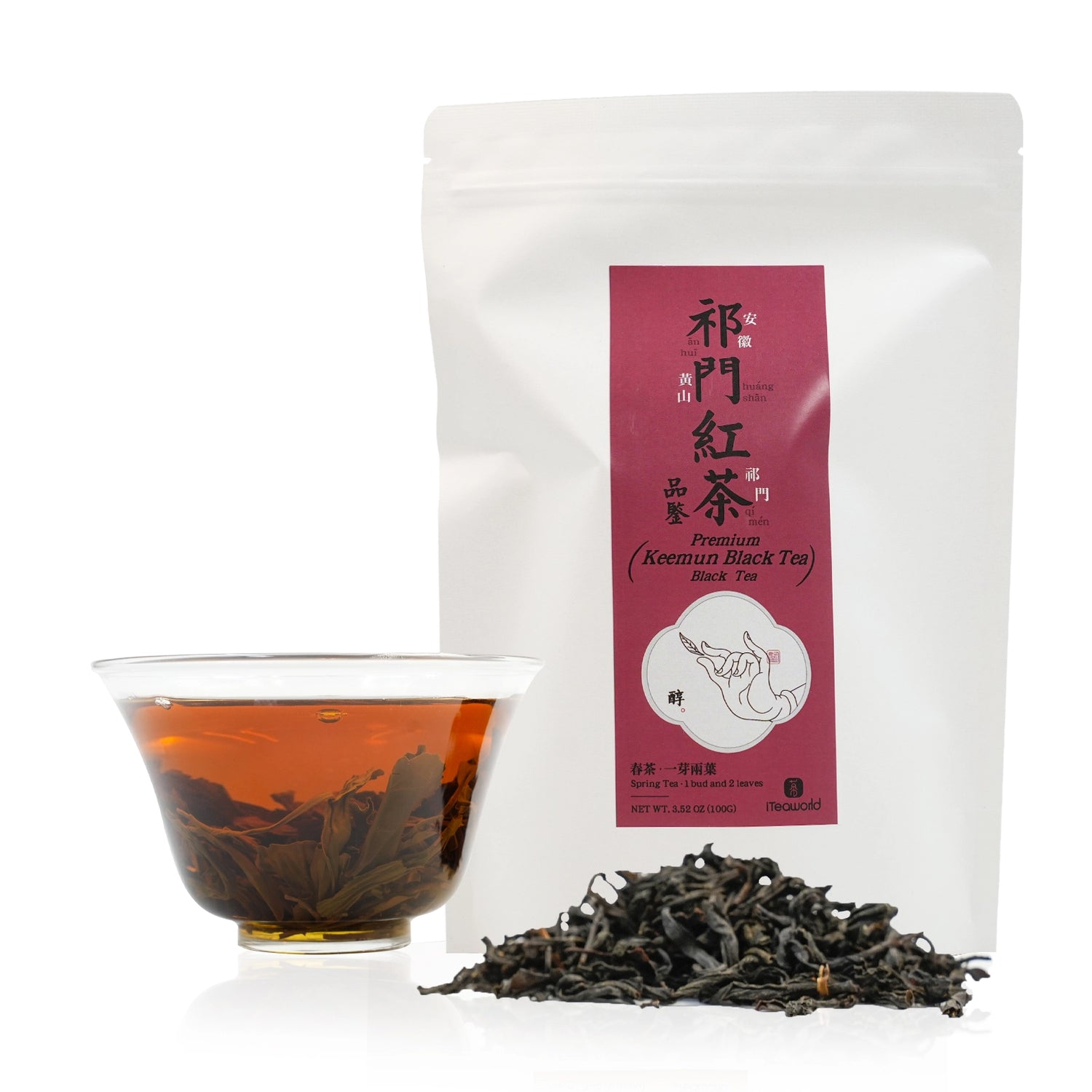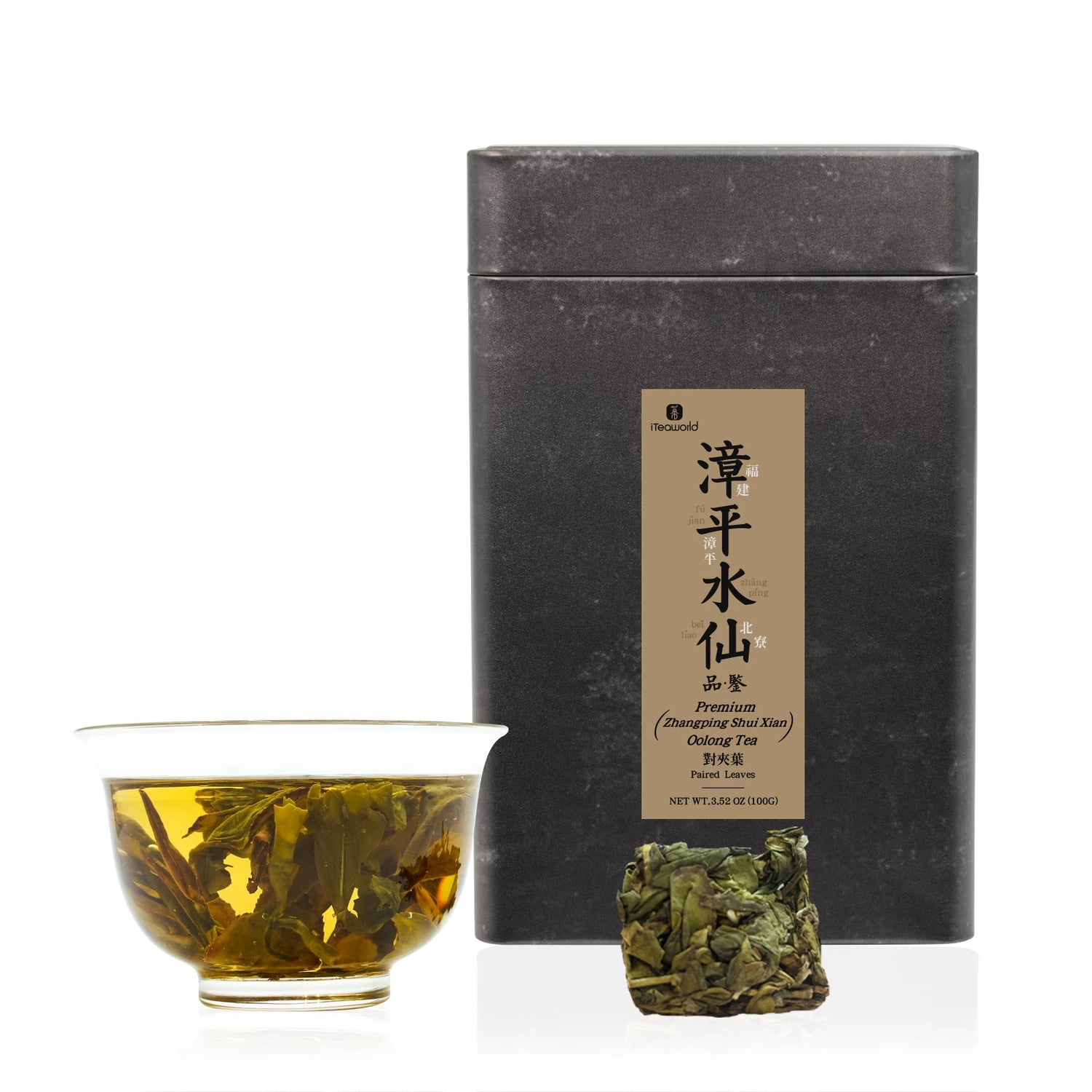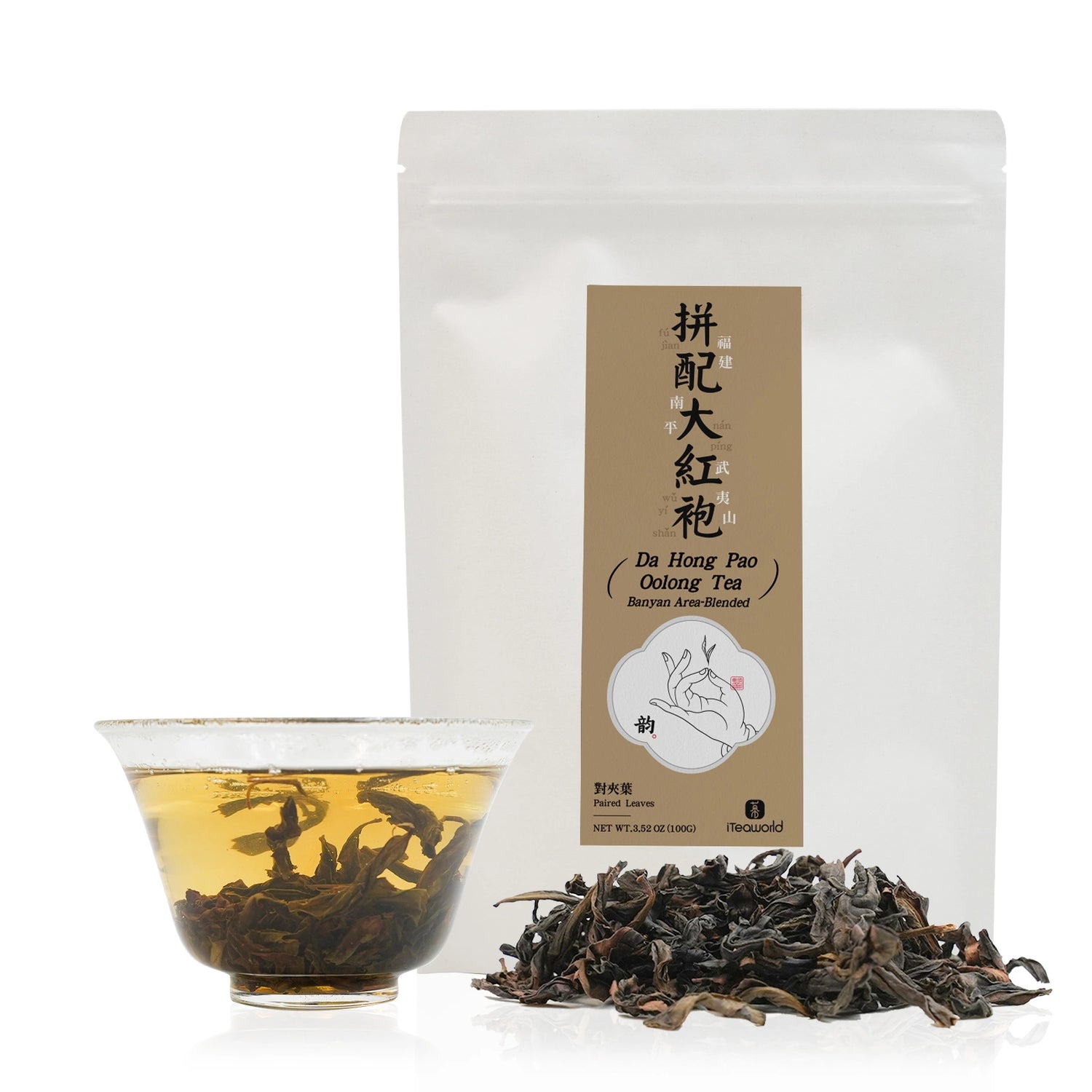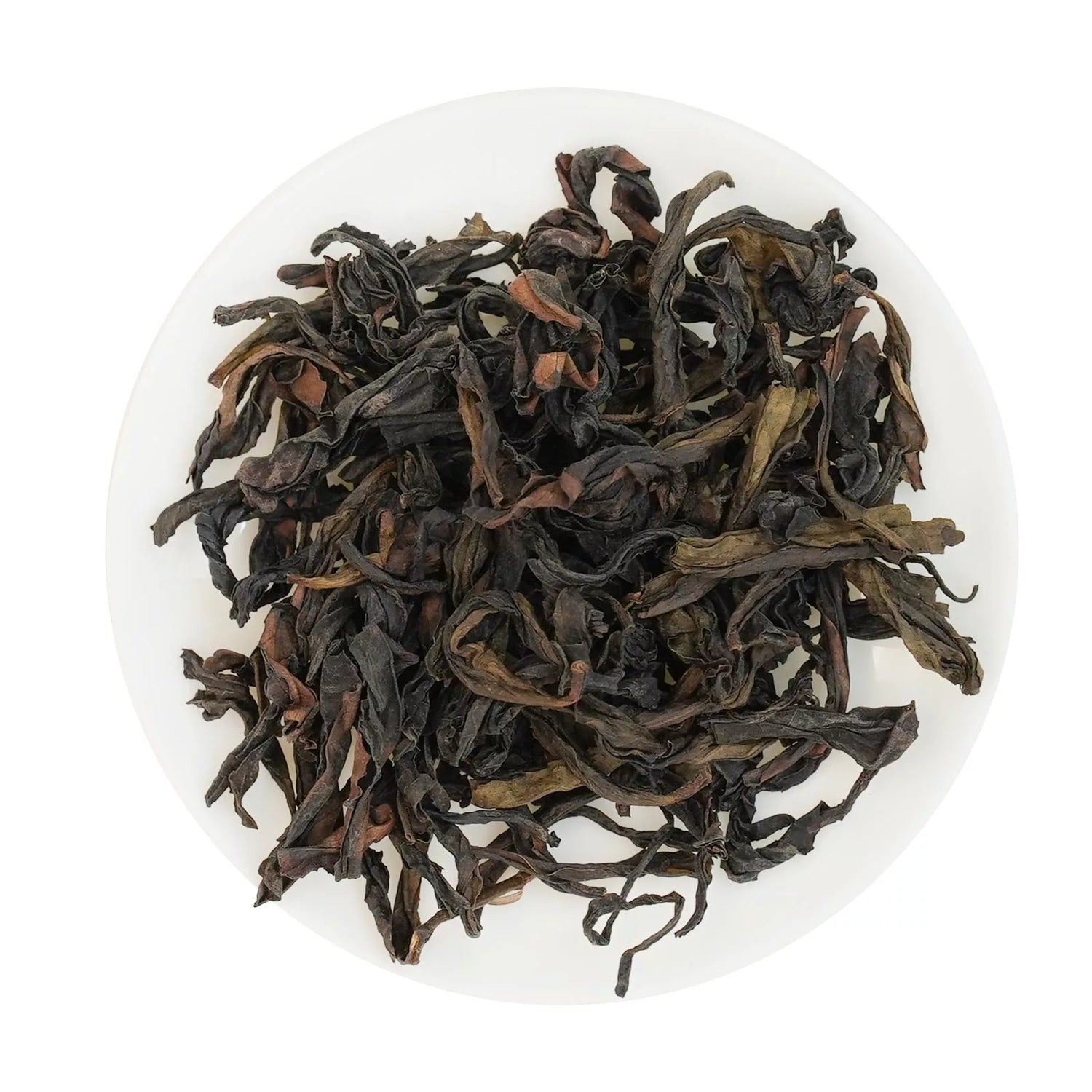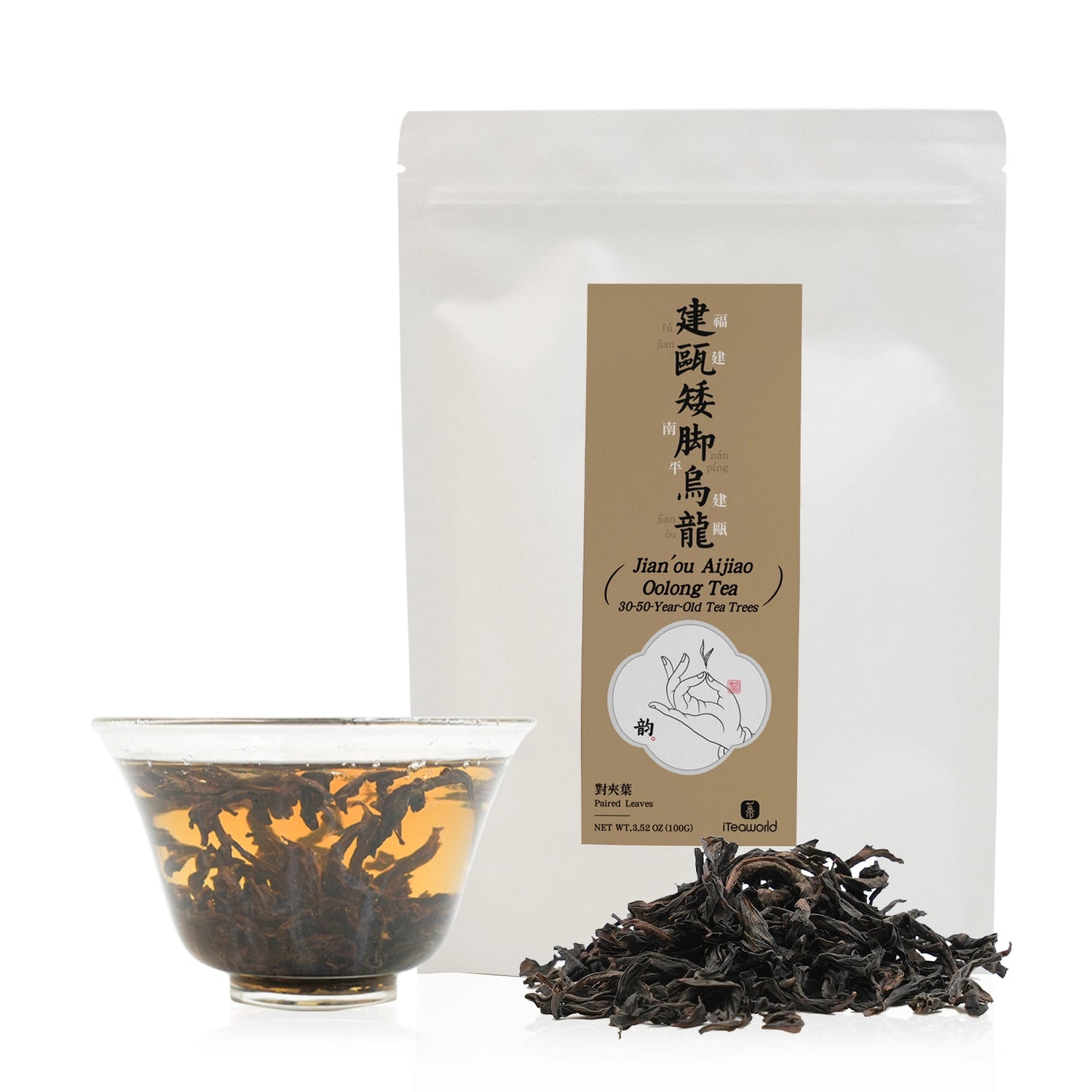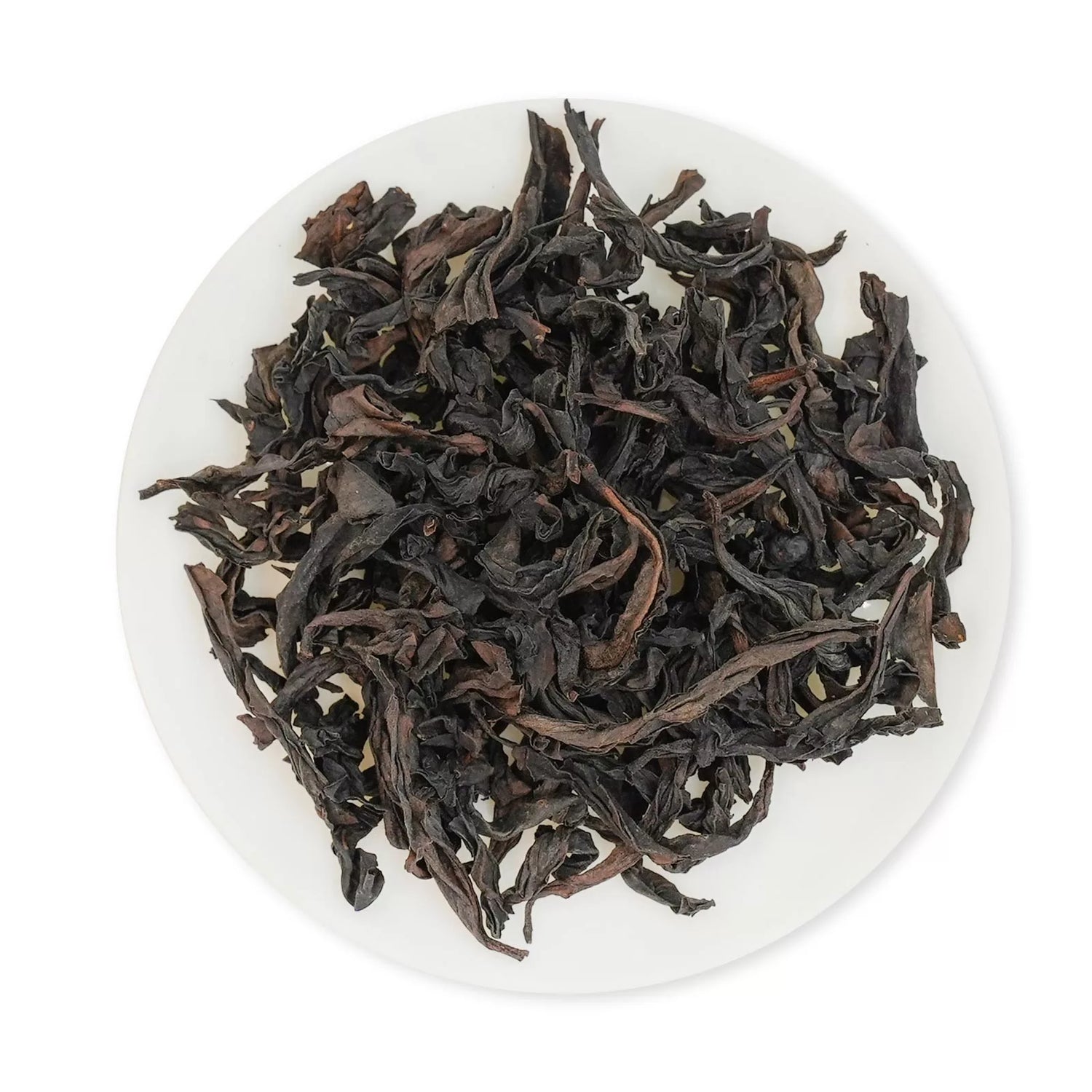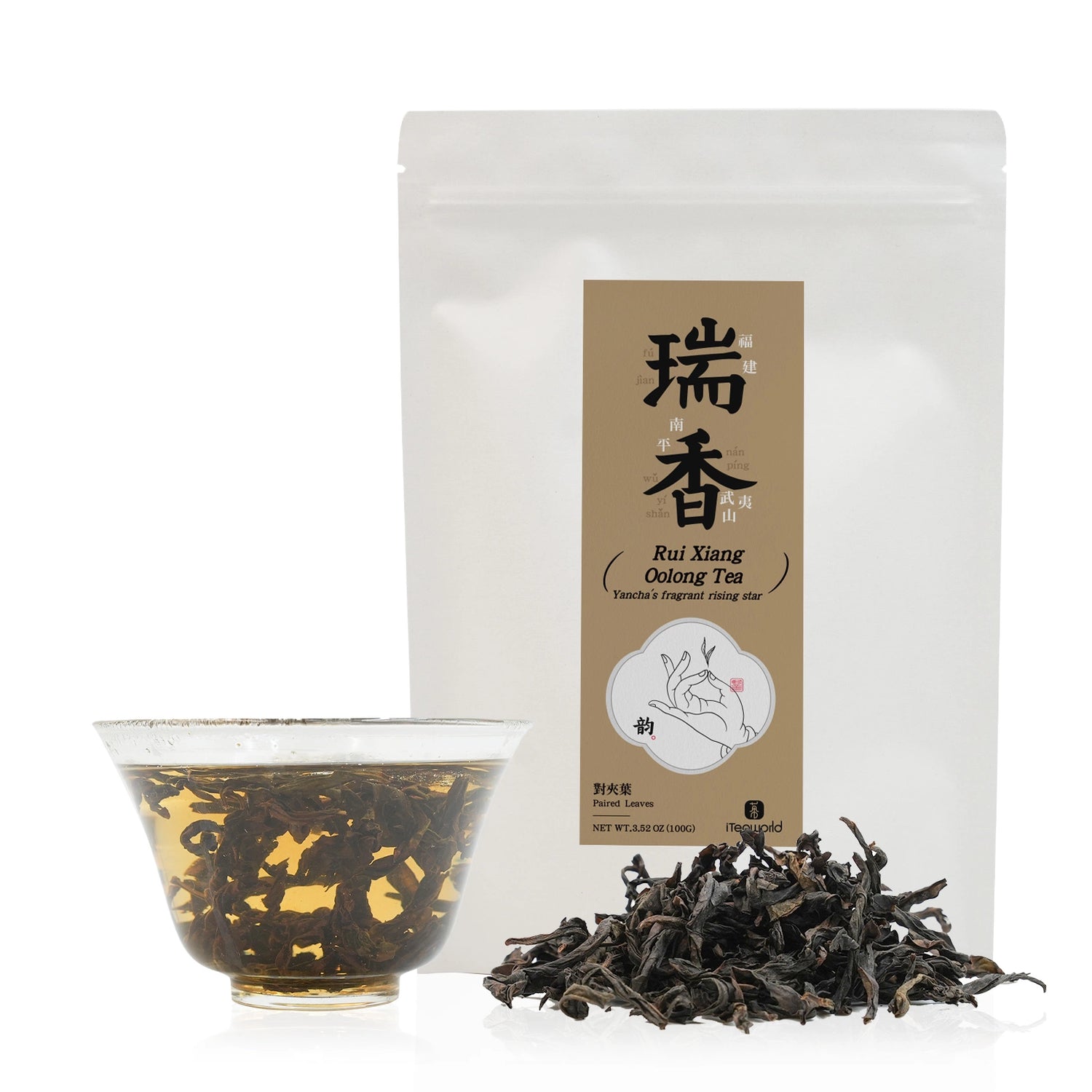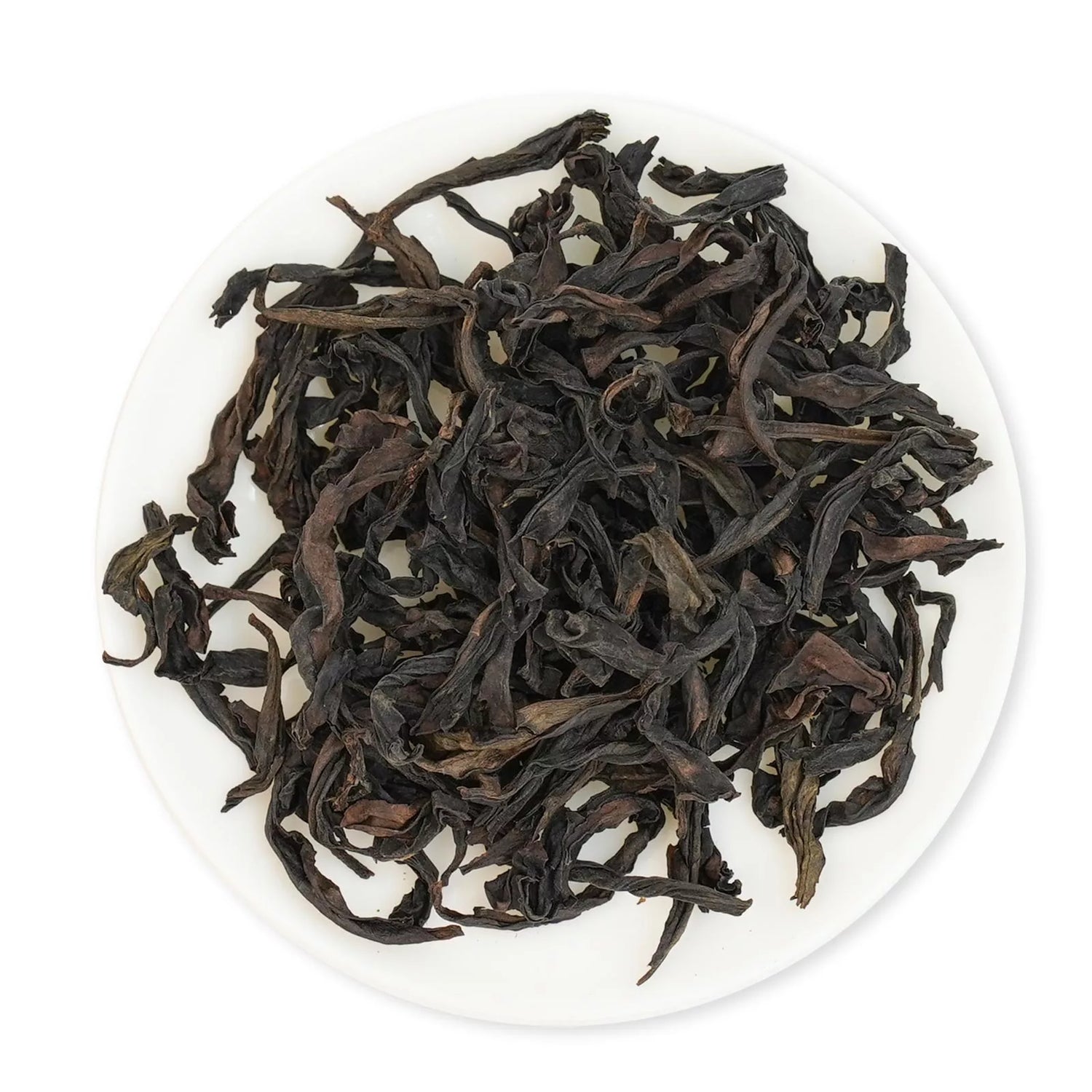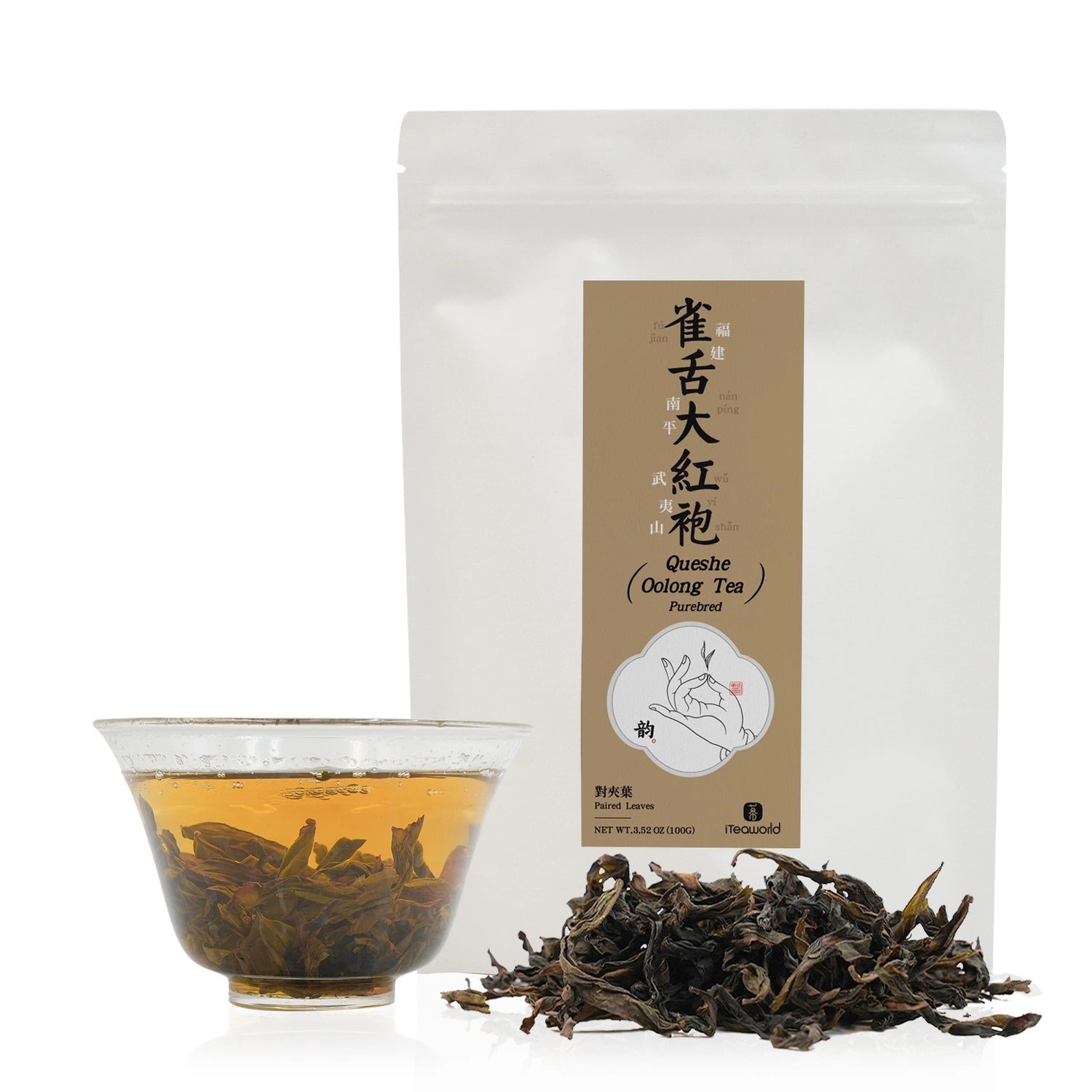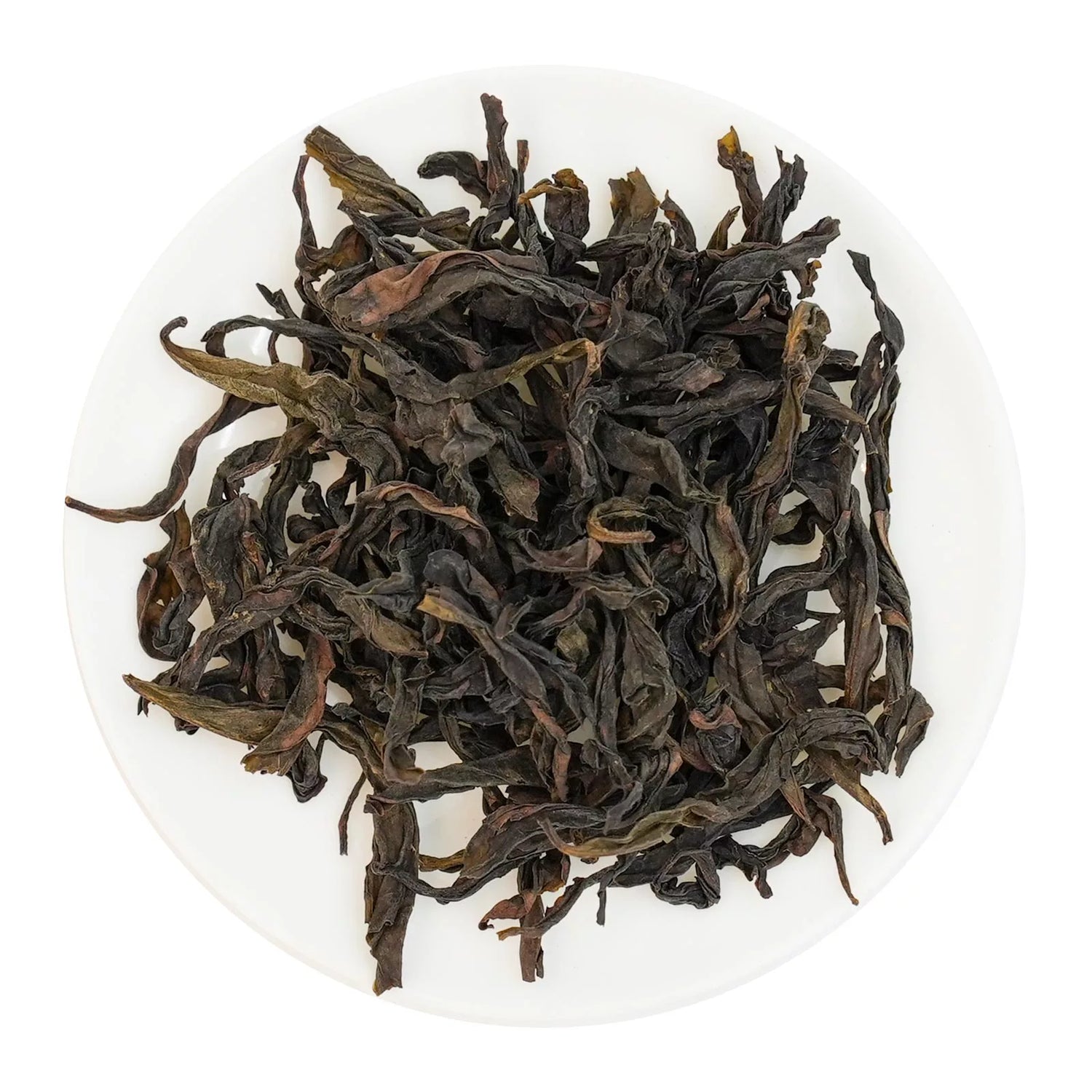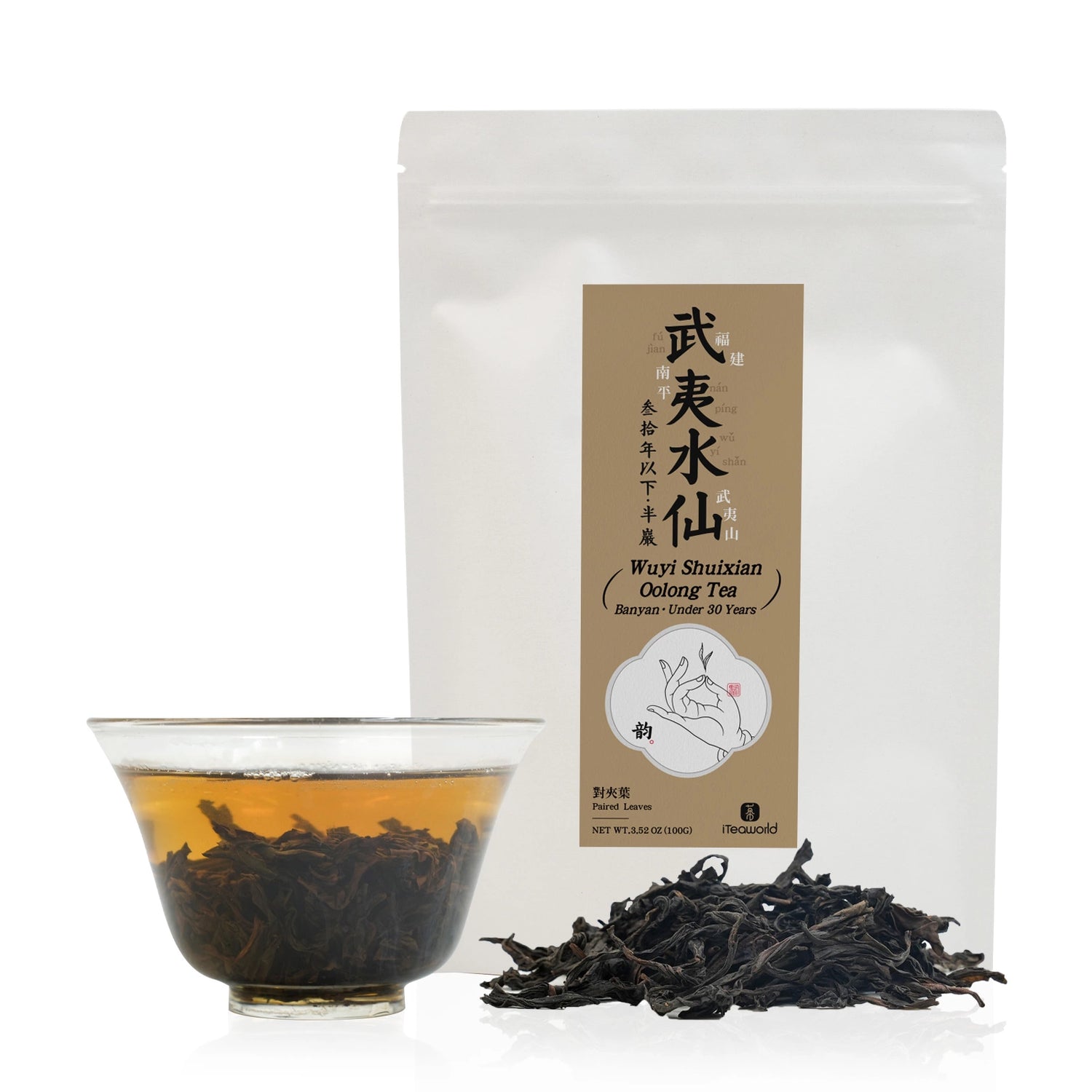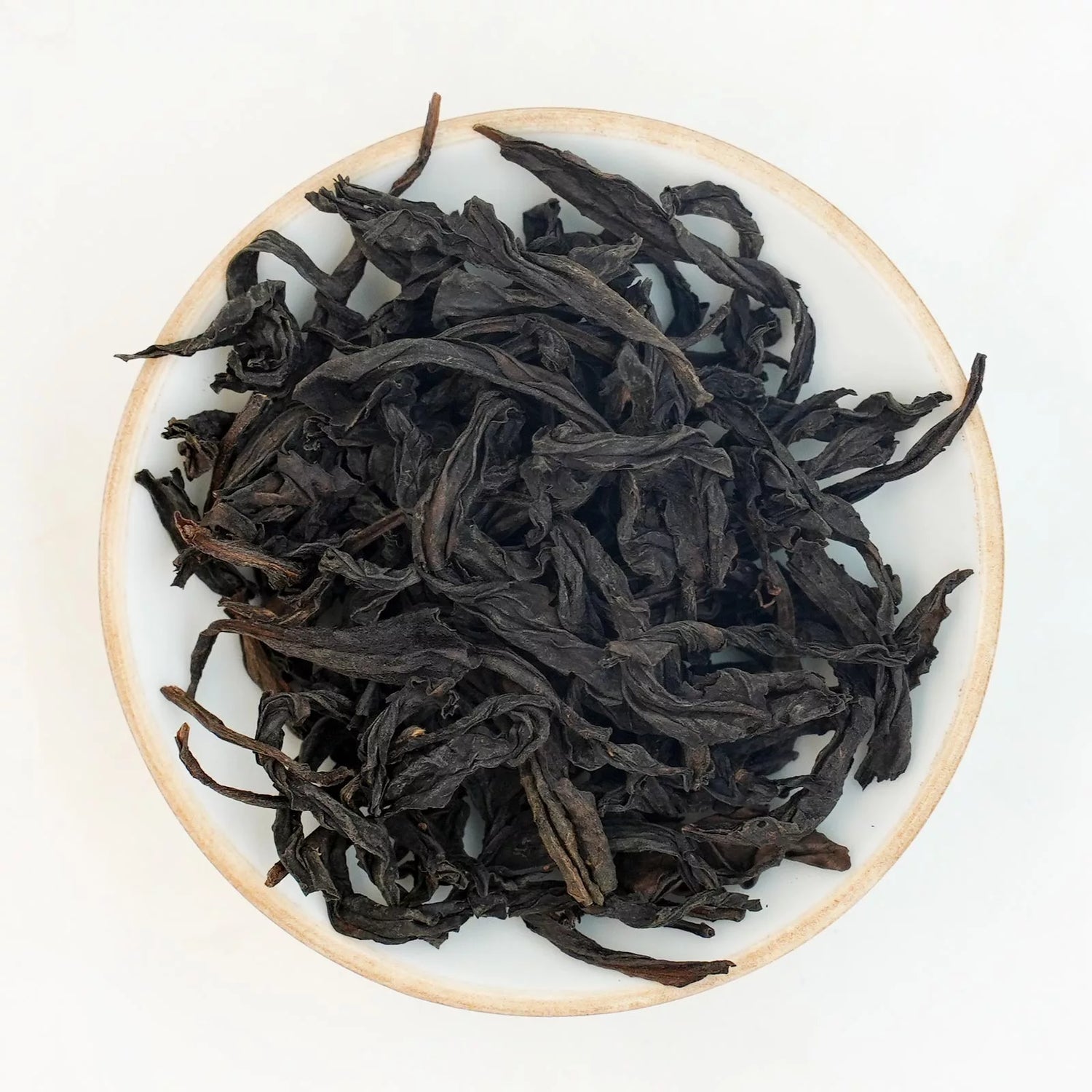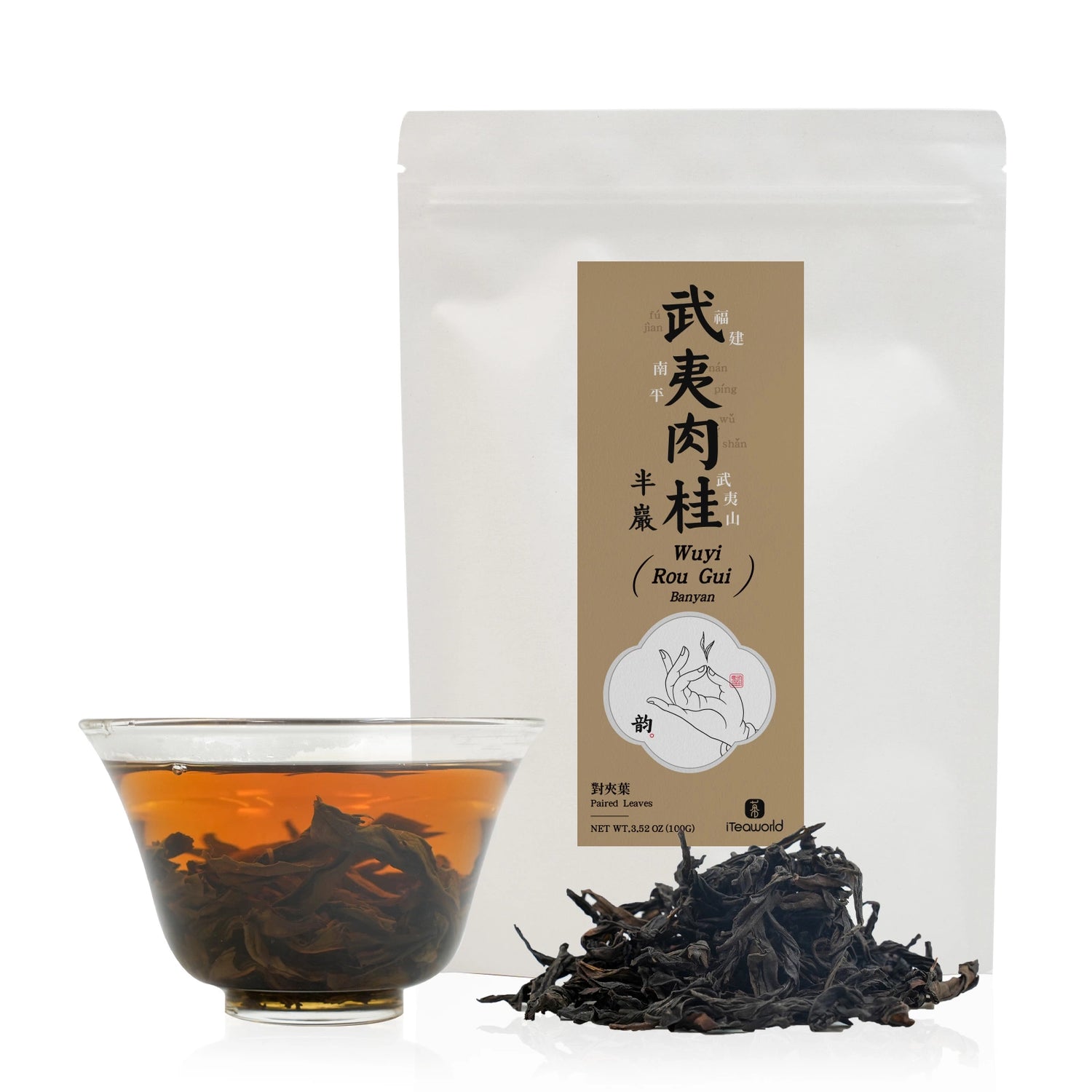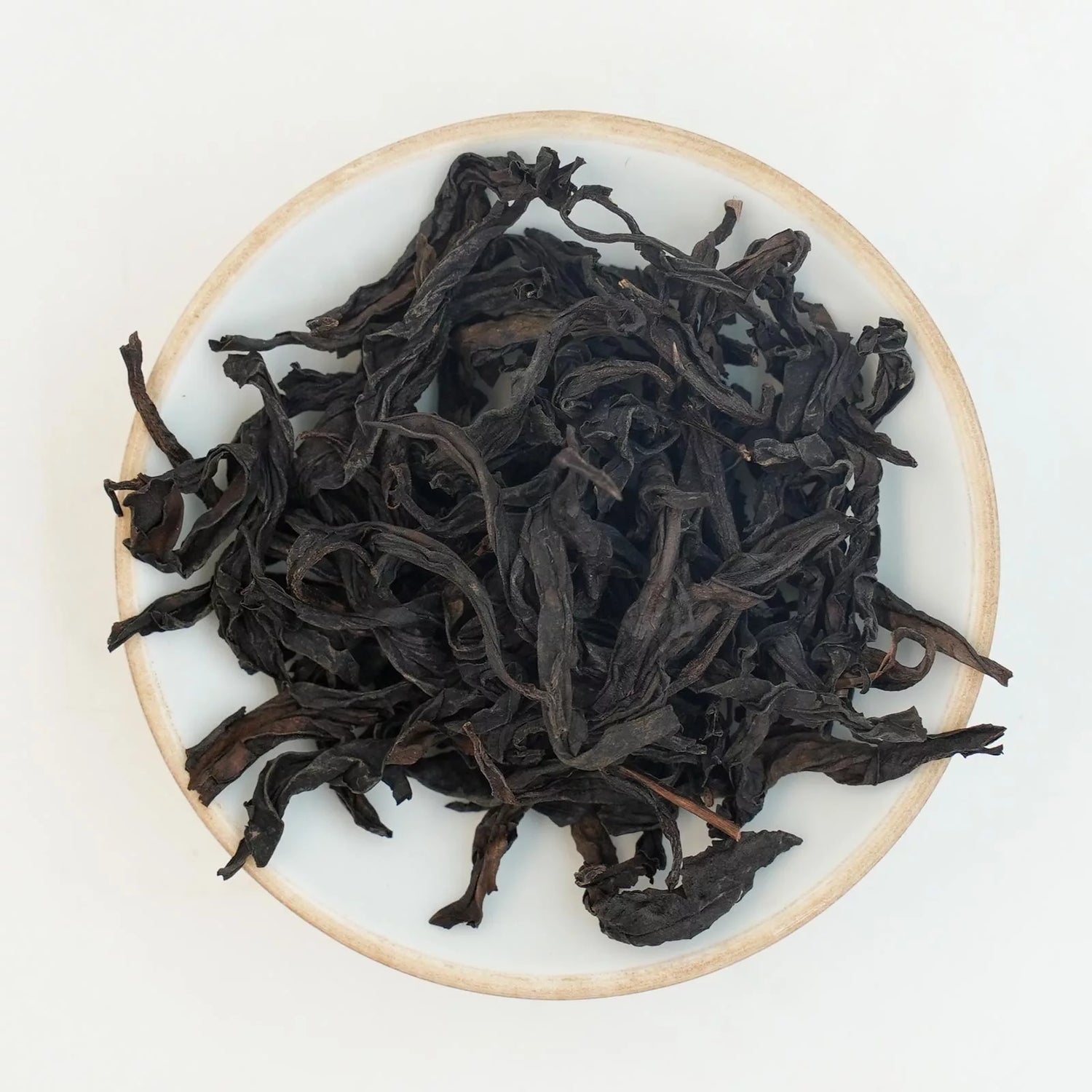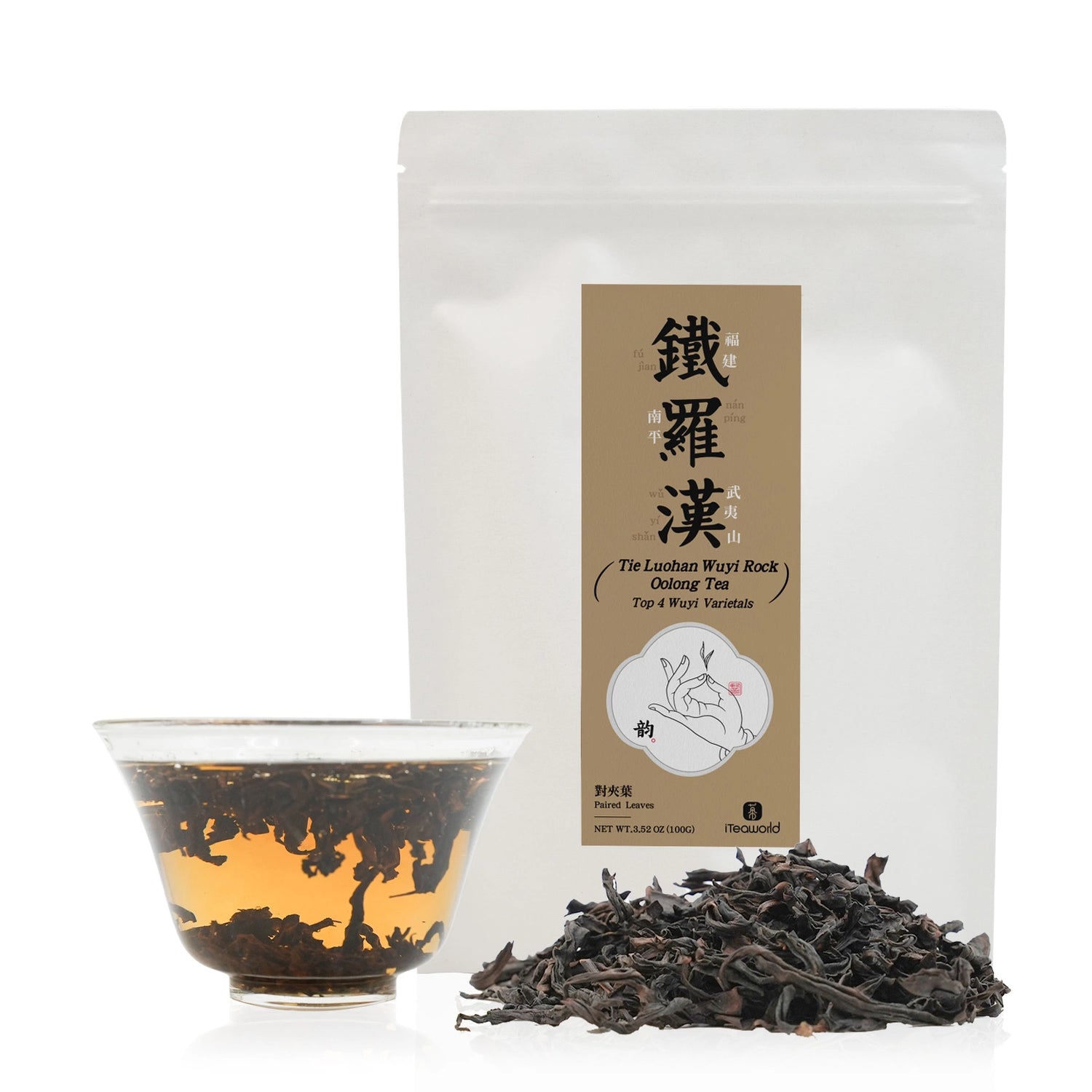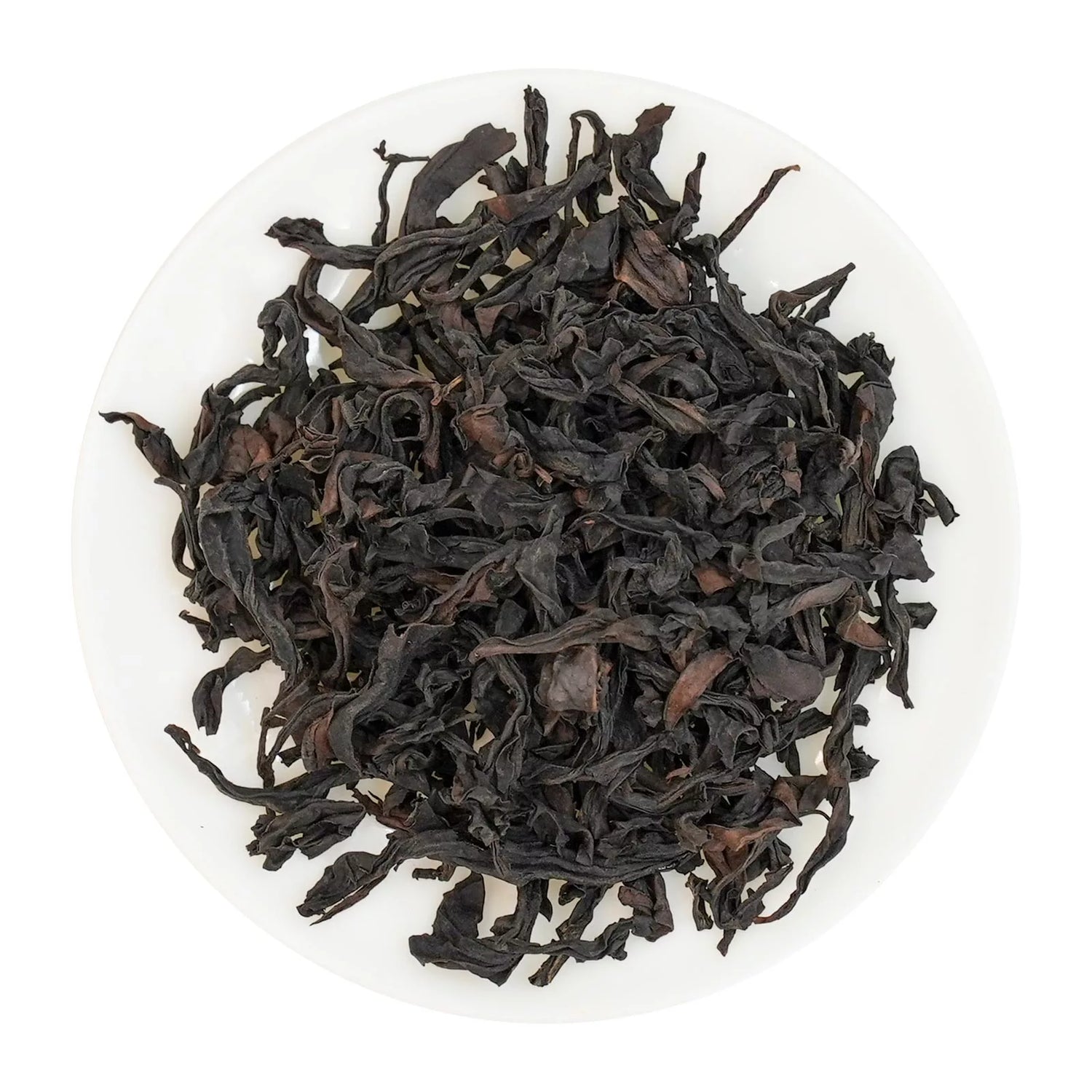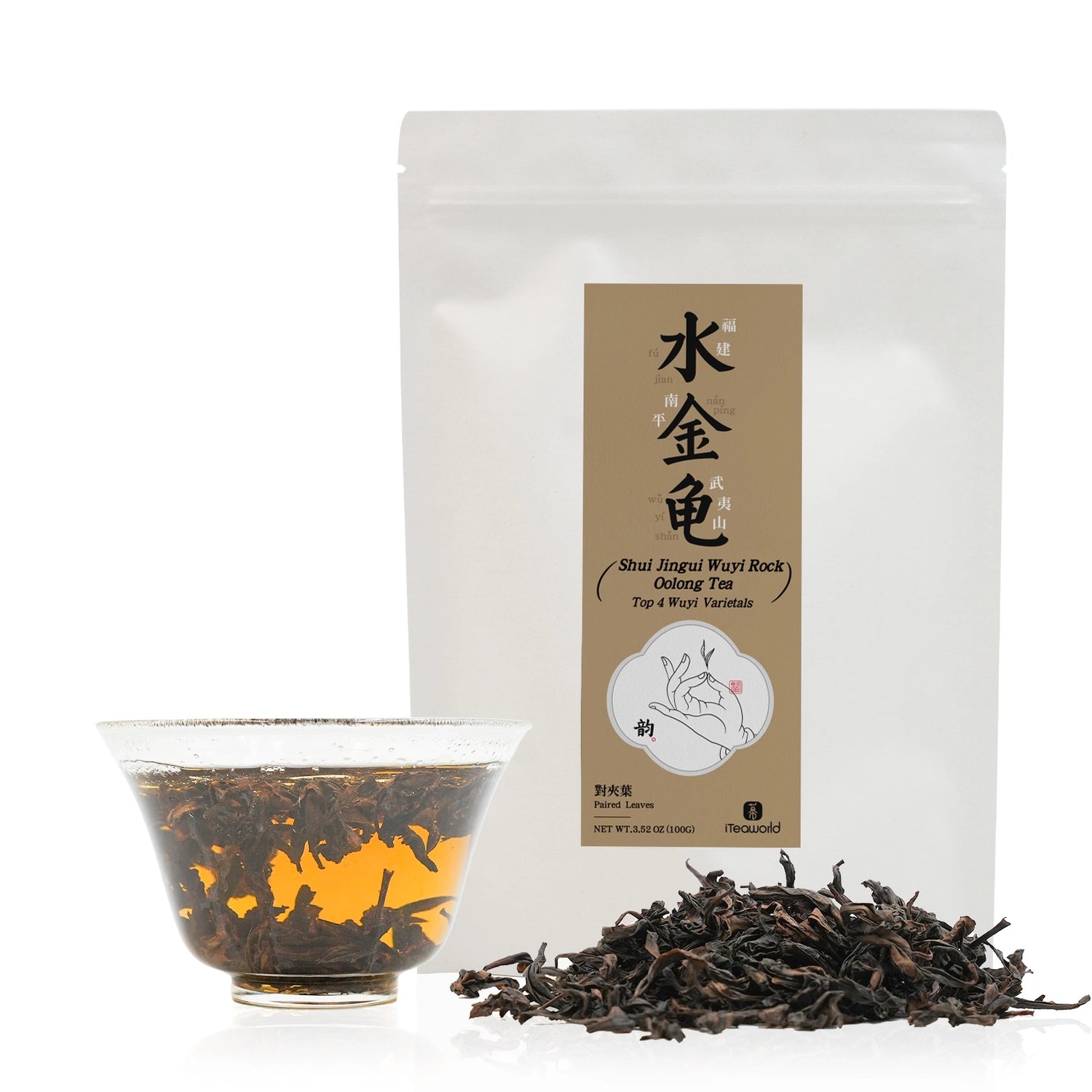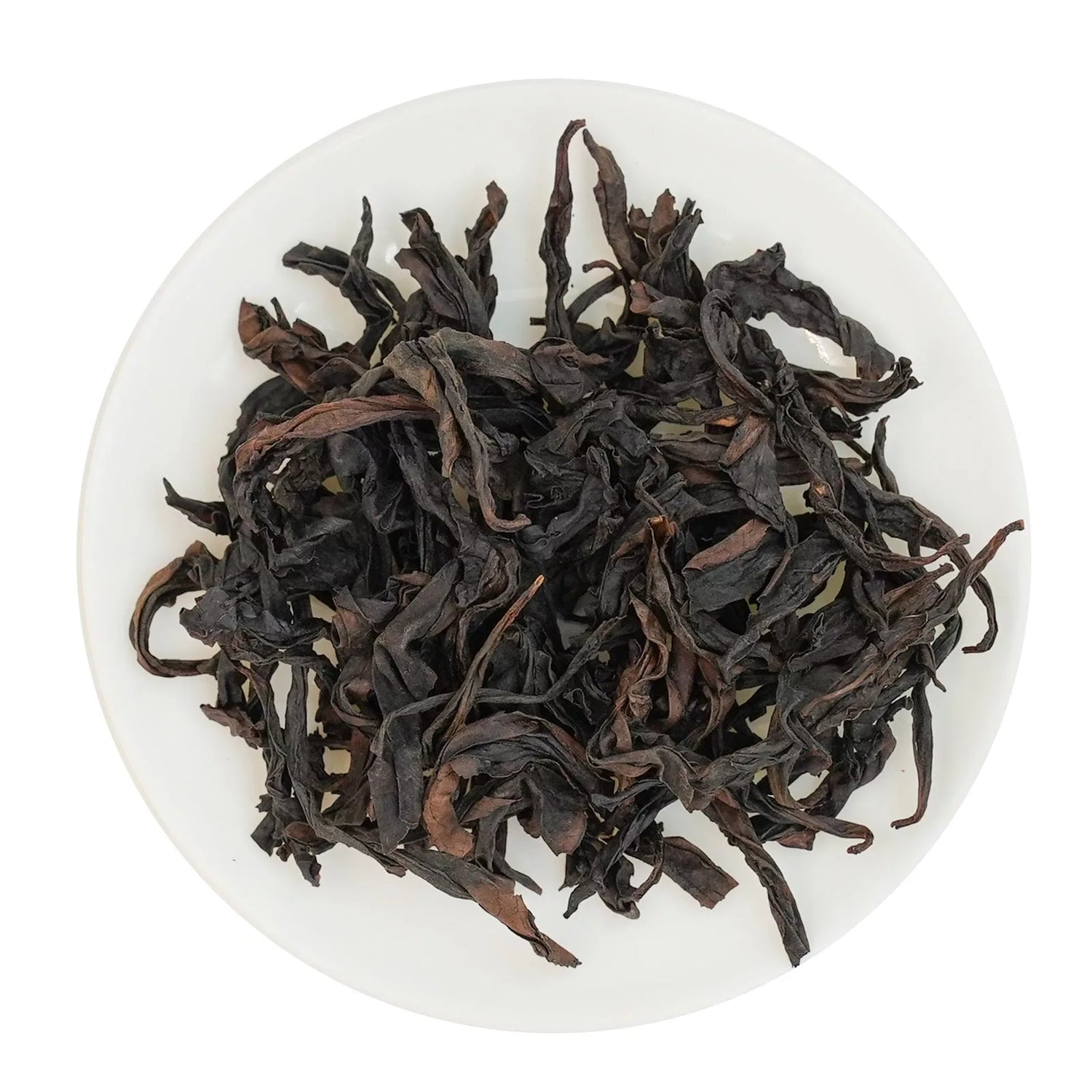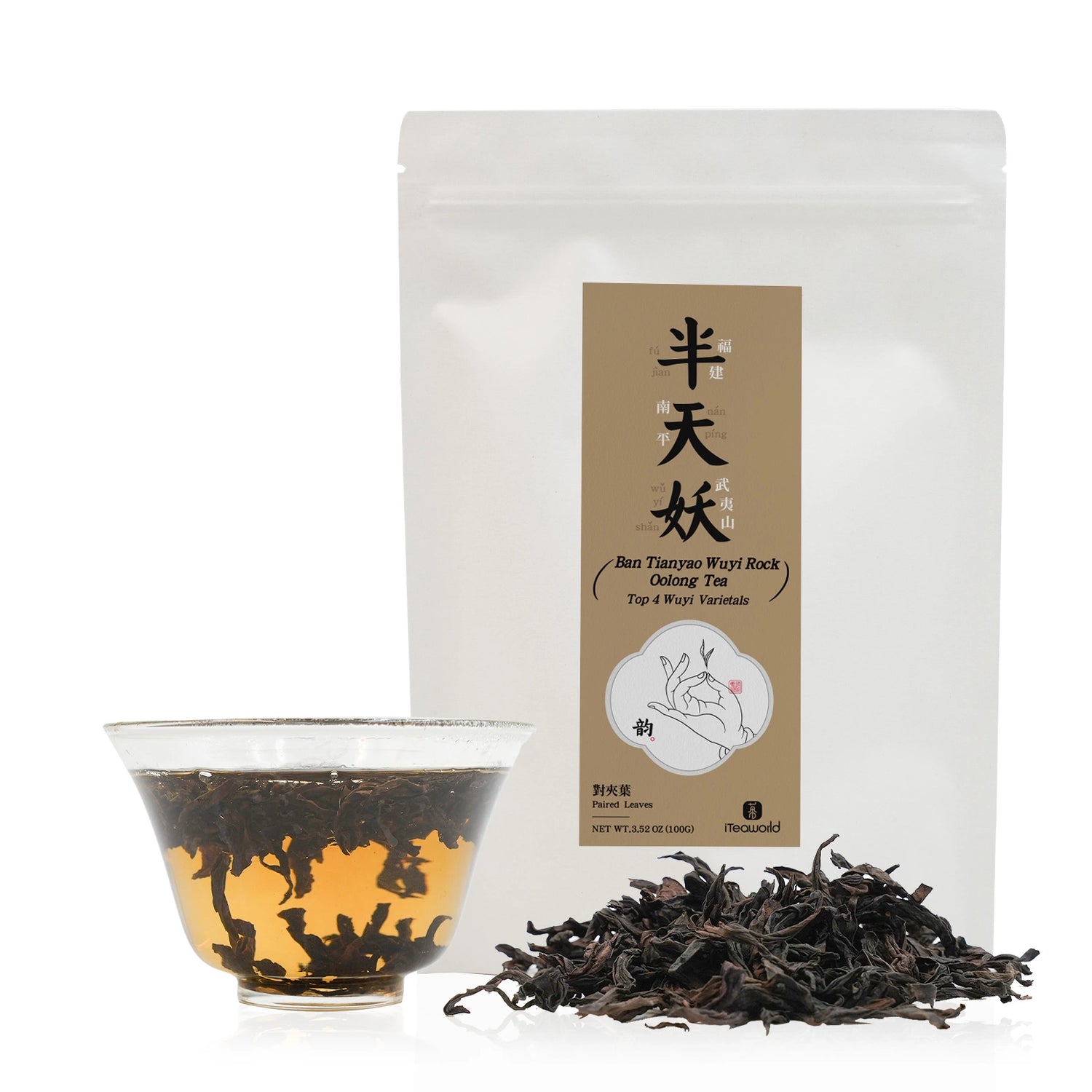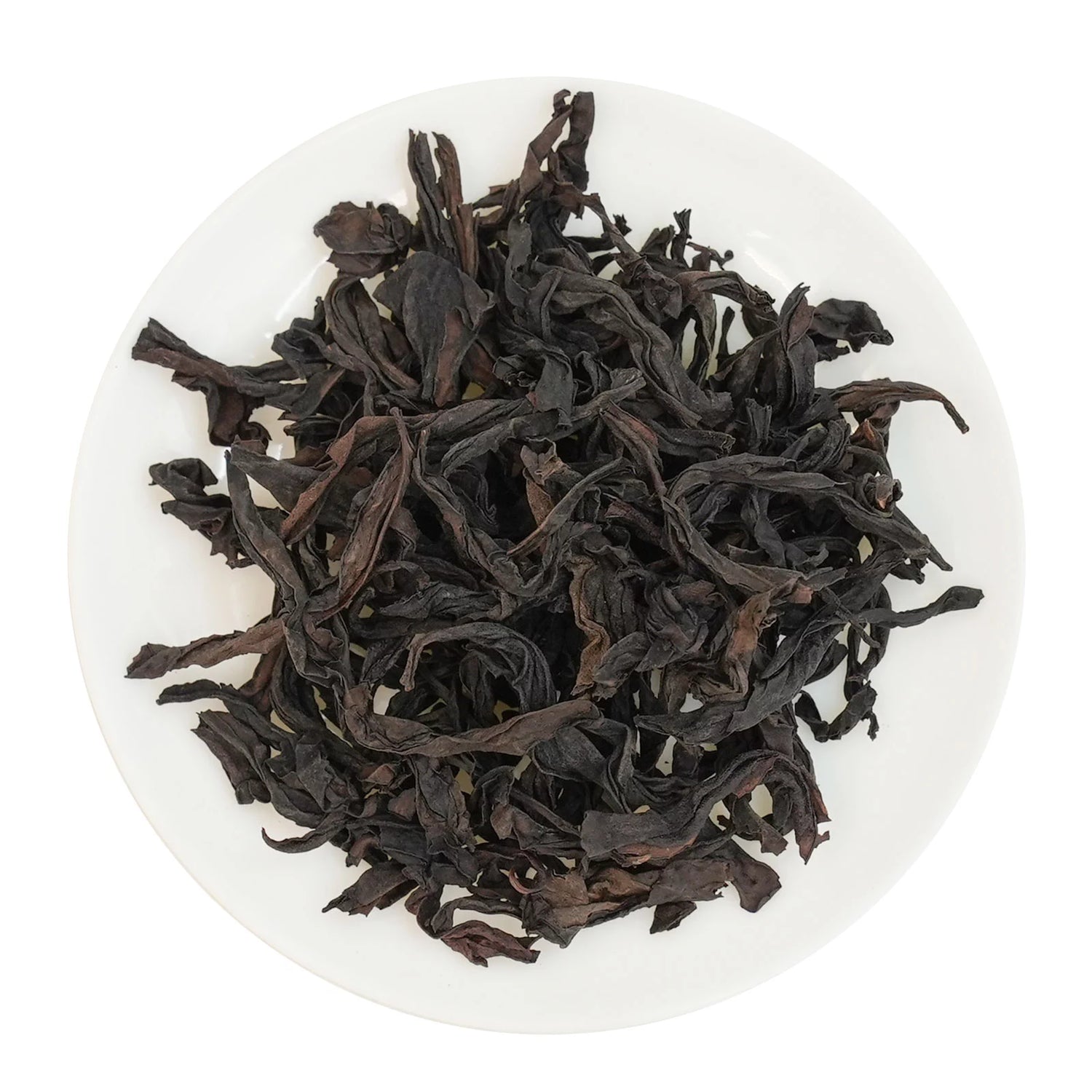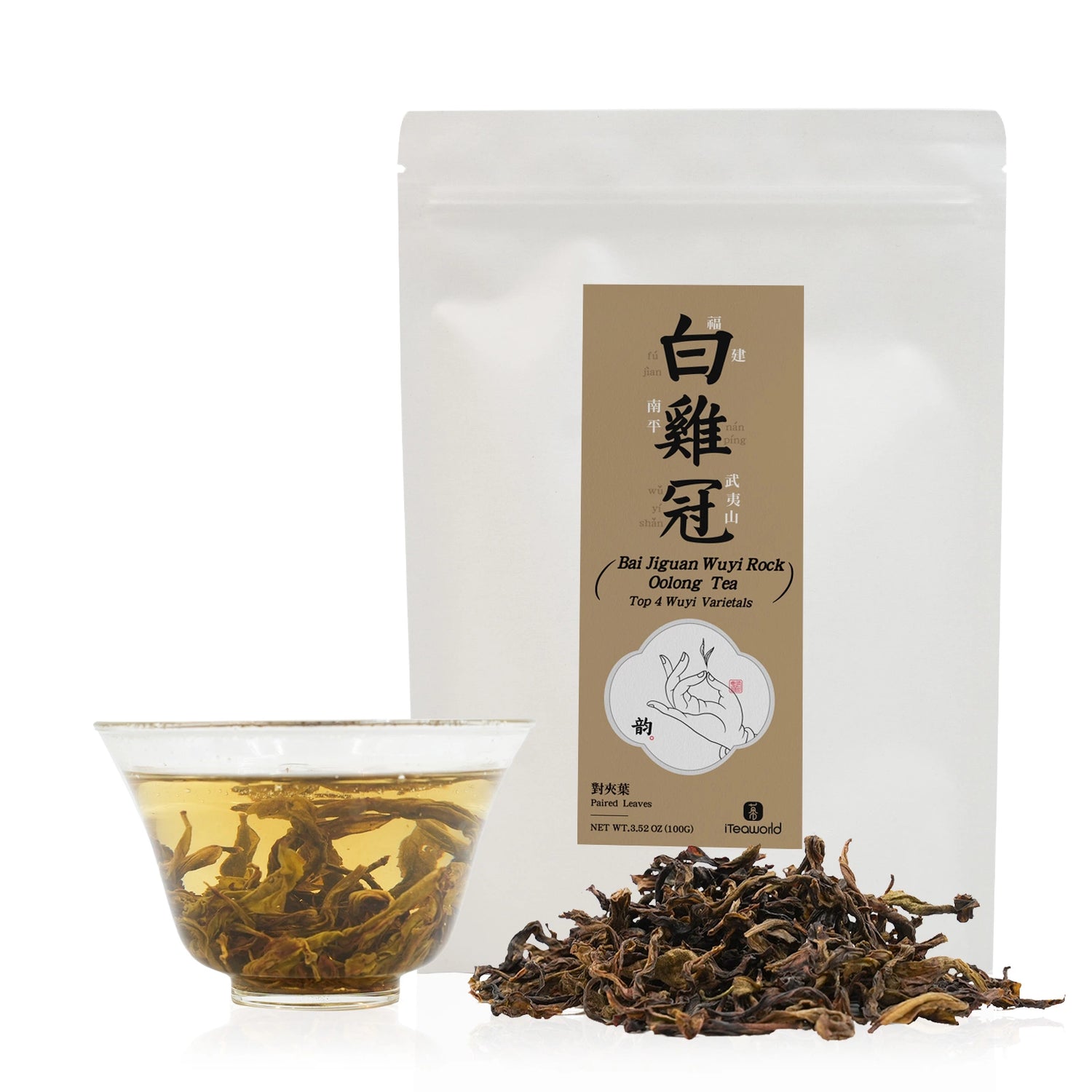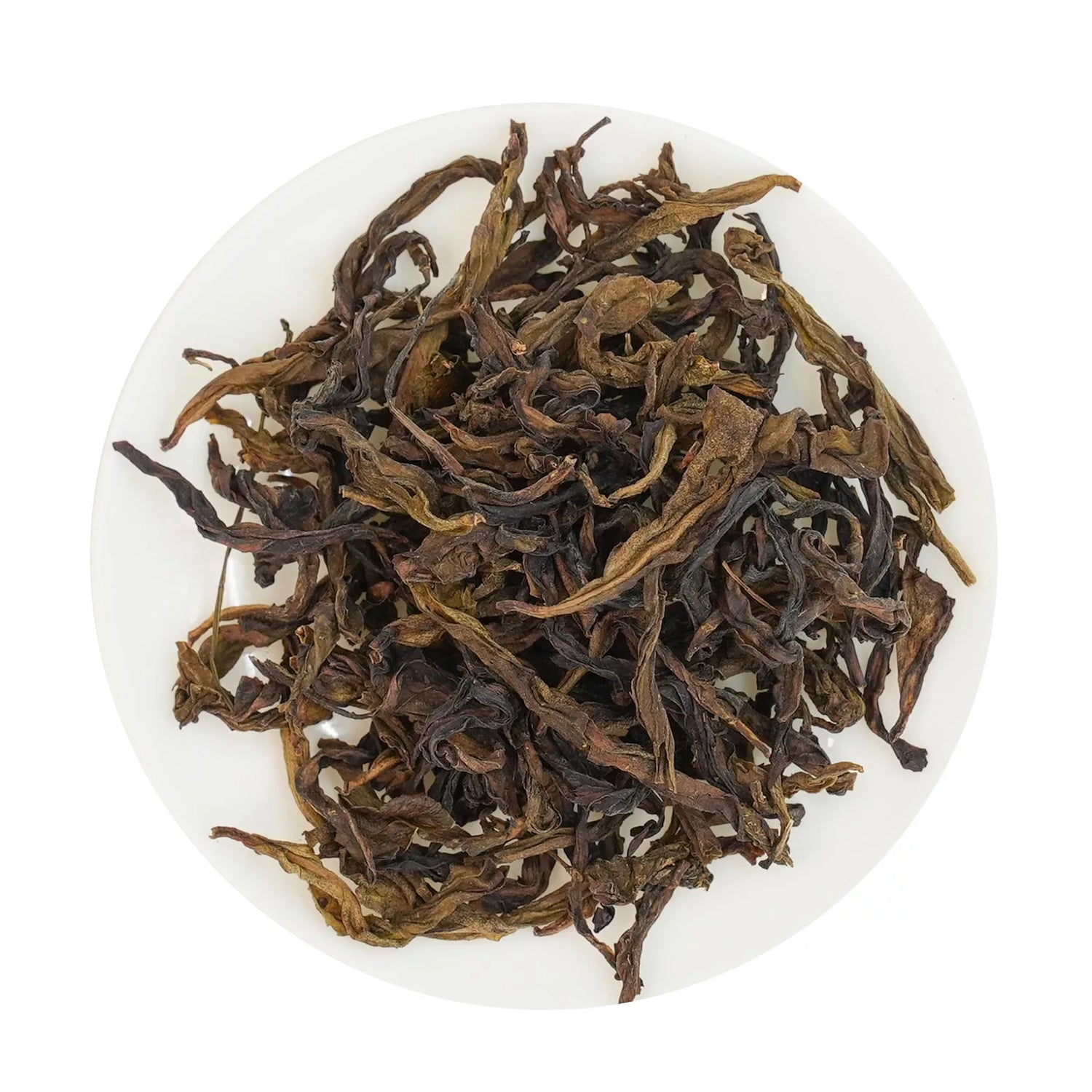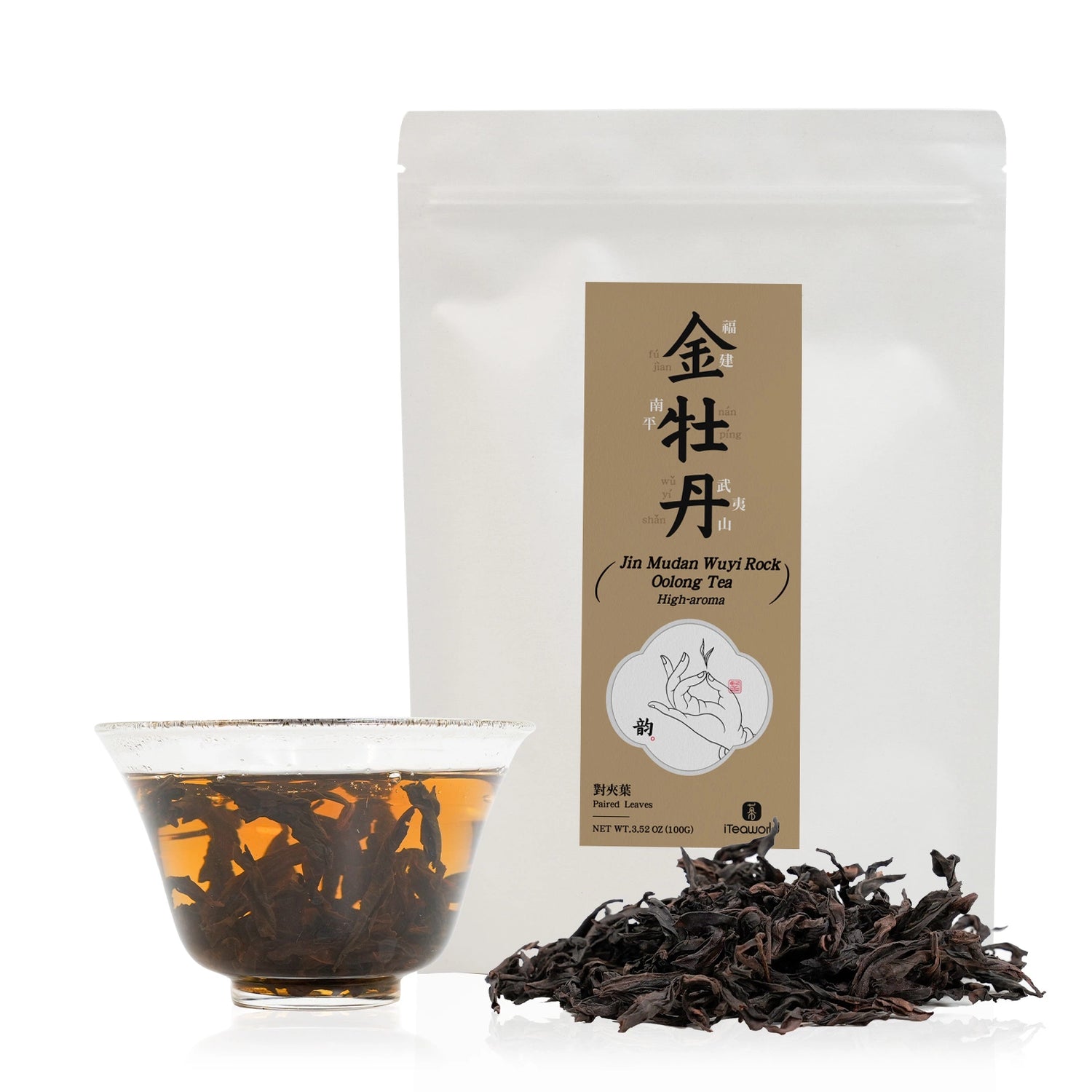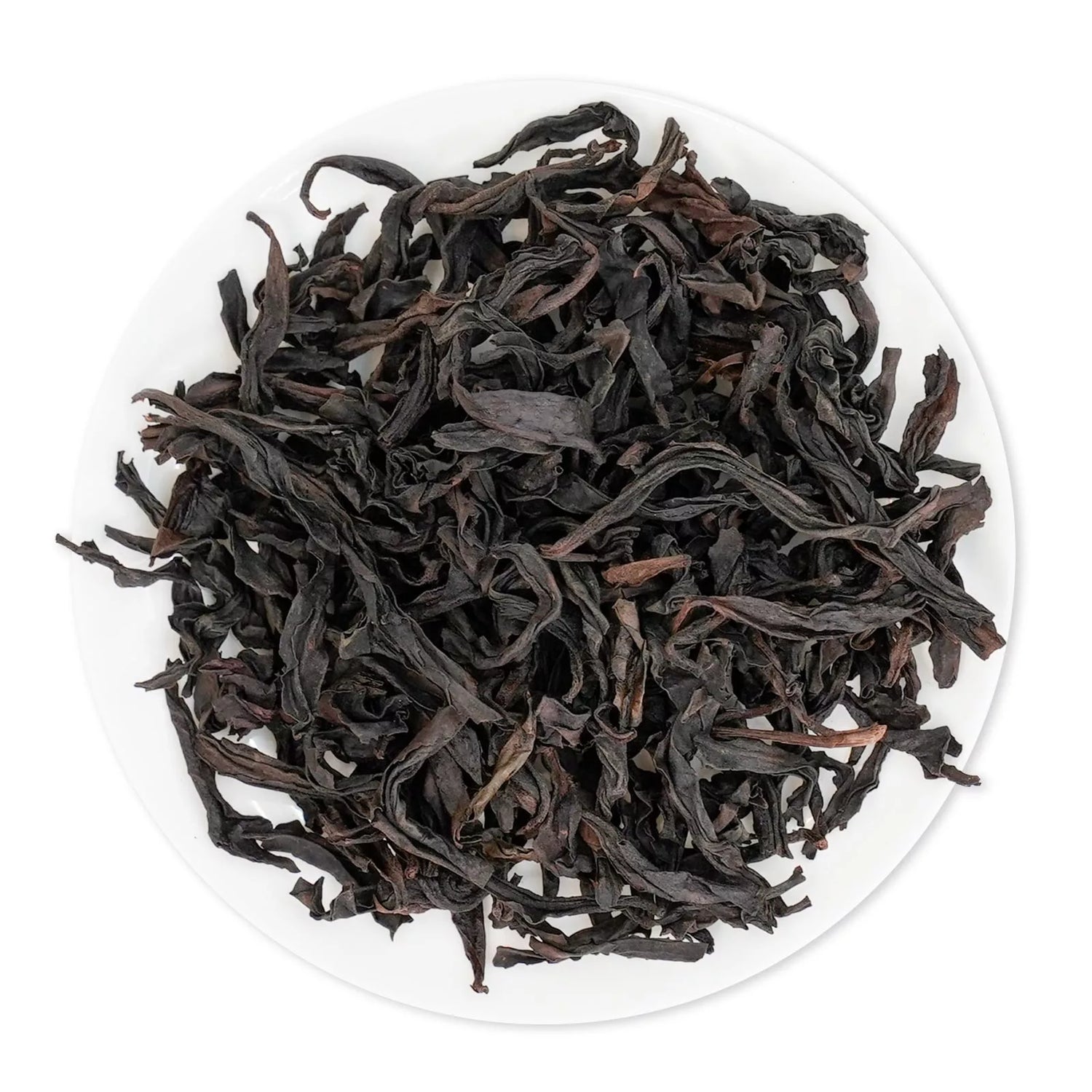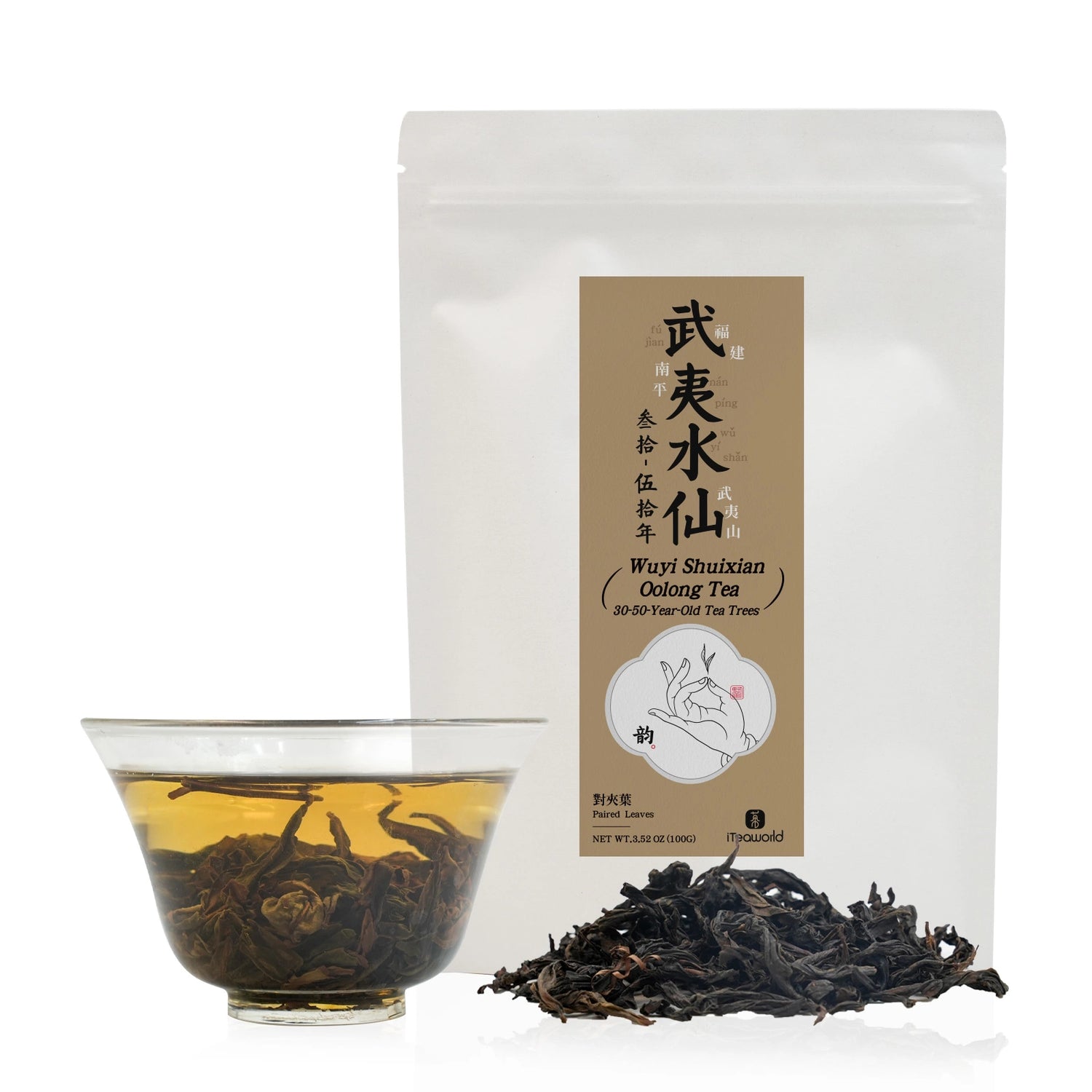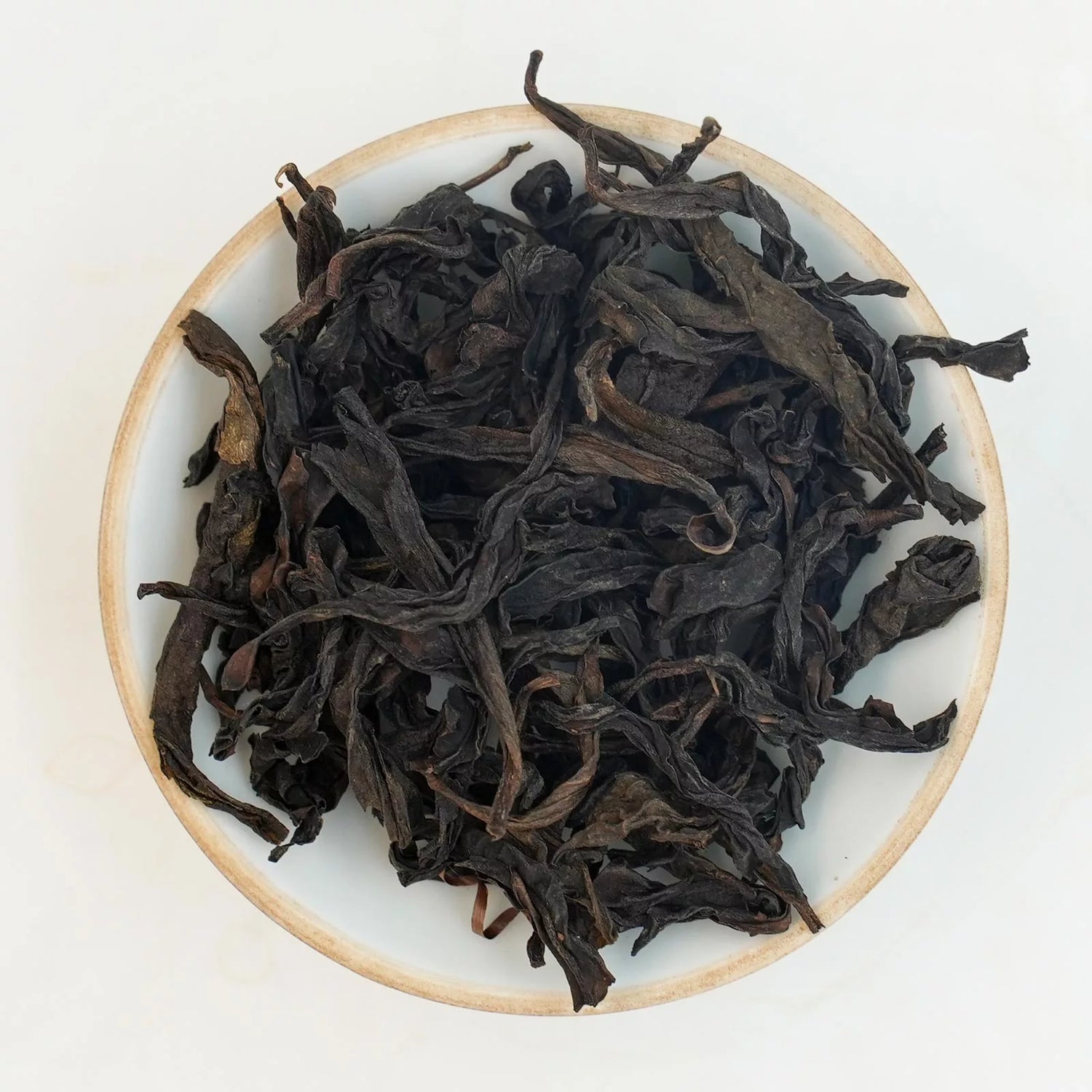Sort by:
61 products
61 products
Introduction:
This Jasmine Black Tea is meticulously selected from the spring harvest of 2024. Combining Yunnan black tea from Fengqing, Yunnan, at elevations of approximately 1600 meters, with jasmine flowers from Hengxian, Guangxi, the exceptional growing conditions impart a unique and richly layered flavor to this tea. The plucking standard of one bud and two leaves, paired with fresh jasmine flowers and three scenting processes, ensures a harmonious blend of soft jasmine fragrance and the robust, mellow taste of black tea.
Reasons to Recommend:
- Core Production Area: The black tea is sourced from Fengshan Town, Fengqing County, Yunnan, where the average annual temperature ranges from 18°C to 22°C, with significant daily temperature variations and annual precipitation of 1200-1700 mm. The jasmine flowers are from Hengzhou, Guangxi, which enjoys abundant sunshine, annual rainfall of 1450 mm, and soil rich in organic matter, providing an ideal growing environment.
- Scenting Process: Yunnan black tea serves as the base, while jasmine flowers from Hengzhou, Guangxi, are used for scenting. The traditional scenting process is repeated three times, resulting in a tea where the floral aroma and tea fragrance are perfectly balanced.
- High-Mountain Tea Gardens: Since ancient times, high mountains shrouded in mist have produced premium teas. This tea thrives in such environments, where lush vegetation and organic-rich soil, combined with extreme daily temperature fluctuations, enhance the accumulation of flavorful compounds in the leaves.
Oxidation Level: High
Roasting Level: None
Tea Garden Soil: Red soil
Processing Time: August 2024
Best Before Date: 24 months
Tea Variety: Yunnan Tea No. 10
This Osmanthus Black Tea was freshly scented this autumn, using autumn-harvested black tea paired with autumn-blooming Bao Xin osmanthus. Through careful scenting, it carries a rich osmanthus aroma with a gentle sweetness.
Bao Xin osmanthus is often called the “royalty of osmanthus” for its exceptional quality, has layered petals and a full, rounded center. Compared with regular osmanthus, its blossoms are larger, thicker, and more fragrant. A single round of scenting is enough to infuse the tea with a strong aroma, and dried flowers are often kept in the final product to enhance the flavor.
The tea tastes warm and smooth, almost silky, with a sweet, full-bodied profile. The richness of the black tea and the clean sweetness of osmanthus complement each other, leaving a long-lasting aroma and a clear, pleasant aftertaste. It’s an excellent choice for autumn and winter, offering comforting warmth to both body and stomach.
Origin: Fengshan Township, Fengqing County, Yunnan Province
Tea Base / Number of Scenting Rounds: Yunnan Black Tea (Dianhong)/one round of scenting
Tea Master: Zhang Guo'an张国安
Processing Date: 2025 October
Shelf Life: 24 months
Brewing
Vessel: Porcelain gaiwan / glass cup / mug
Water: Purified, 95-100°C | 203-212°F
Gaiwan / Teapot:
5g per 100ml · 1-3 steeps:10-15 sec , add 5-7 sec after · Up to 7 infusions
Mug Brew:
1g per 100ml · 1st: 40s | 2nd: 60–90s | 3rd: 90–150s
Traditional Smoked Lapsang Souchong (2024)
Recommended for:
If you’re a fan of traditional black tea with a bold pine smoke aroma and a rich, sweet flavor, this tea is for you. Produced in 2024 in Masu Village, Tongmuguan, Wuyishan, and crafted by tea master Zhang Song, it’s made using classic smoking techniques for the most authentic Lapsang Souchong experience. This tea is best enjoyed plain to fully appreciate its smoky and robust character. If you prefer lighter black teas or dislike smoky flavors, this may not be the best fit, and it’s not recommended for milk or sugar.
Product Details:
Origin: Masu Village, Tongmuguan, Wuyishan
Harvest Date: May 2024
Grade: First Grade
Tea Cultivar: Tongmuguan Xiaocai Tea
Craftsmanship: Supervised by Zhang Song, a second-generation tea master from Masu. He began learning the basics of Lapsang Souchong production as a teenager and is known for his expertise in traditional tea-making methods.
Flavor Profile: Distinct pine smoke aroma, rich sweetness, and full-bodied taste
Highlight: A must-try for anyone seeking an authentic smoked Lapsang Souchong, directly from the original region with time-honored techniques.
How to brew:
Water Temp: 212°F(or 100℃)
Tea-to-Water: 1g per 20ml
Steep Time: 20 sec for first 3 steeps, add 5 sec each time after
Teaware: White porcelain gaiwan
Re-Steep: 5-7 times
Tongmuguan Zhengshan Xiaozhong: The Original Smoky Chinese Black Tea
Zhengshan Xiaozhong, known as the world’s first black tea, originates from Tongmuguan in the Wuyi Mountains of China. This region, at an altitude of up to 1500 meters, is now a protected nature reserve, providing an ideal, untouched environment for tea cultivation. Zhengshan Xiaozhong tea from Tongmuguan is unique, not only for its specific local tea varieties and pristine mountain setting but also for its rich, 400-year-old heritage of traditional tea-making.
What truly sets this tea apart is the smoking process that gives it its signature taste. Skilled tea masters meticulously select local pine wood, particularly the resin-rich heartwood and roots, to smoke the leaves. This special wood is believed to impart a rich, natural pine resin fragrance, balanced with a subtle honey-like sweetness, creating a truly layered, unforgettable taste. Locals say that only Zhengshan Xiaozhong produced in Tongmuguan with traditional techniques captures this distinctive “pine smoke aroma with longan fruit notes.”
Outside of Tongmuguan, black teas made in the wider Wuyi Mountain area are known as "Xiaozhong black teas" but lack the same signature smoky aroma. Black teas made even farther away are simply called "Kung Fu black teas" and have a more familiar profile to Western black teas. But for those looking to experience an authentic, complex tea with deep roots in Chinese culture, Zhengshan Xiaozhong from Tongmuguan is truly one-of-a-kind.
Recommended Purchase:
This authentic Keemun Black Tea from the core production area of Qimen County, Anhui, boasts a refined aroma that lingers, featuring unique notes of apple and orchid. It's best enjoyed plain to savor its natural floral and honey-like sweetness with a silky smooth finish. If you prefer bold flavors and plan to add milk and sugar, this tea might not be the perfect match for your taste.
Product Details:
Origin: Guanghui Village, Likou Town, Qimen County, Huangshan, Anhui Province
Harvest Date: April 15, 2024
Grade: Second Grade (Mao Feng), one bud and two leaves
Tea Cultivar: Qimen Zhuye (Qimen Broad Leaf Variety)
Craftsmanship: Traditional methods by tea master Feng Guochang
Flavor Profile: Distinctive "Keemun aroma" with apple and orchid notes, a refined and long-lasting fragrance, prominent floral and honey tones, and a sweet, smooth finish.
Highlight: An authentic Keemun Black Tea made from local tea trees in the core region, offering a perfect balance of flavor and richness—an excellent choice for everyday enjoyment.
About Keemun Black Tea:
Keemun Black Tea (or Qimen Hong Cha) originates from the Qimen region in Anhui Province, China, and its crafting technique is recognized as a UNESCO Intangible Cultural Heritage. Known as the "Champagne of Black Teas," it captivates tea lovers with its signature floral, fruity, and subtle smoky notes. During Victorian England, Keemun Black Tea was considered a luxury, often gracing royal and aristocratic tea tables. It became a staple in classic English Breakfast and afternoon tea blends. Compared to Ceylon and Assam teas, Keemun is more mellow and smooth, making it a refined choice for pairing with milk or sugar. Over time, it has earned its place as a luxurious favorite among Western black tea enthusiasts.
How to Brew
Water Temp: 203°F(or 95℃)
Tea-to-Water: 1g per 20ml
Steep Time: 20 sec for first 3 steeps, add 5 sec each time after
Teaware: White porcelain gaiwan
Re-Steep: 5-7 times
Introduction:
This 2018 Liubao tea is sourced from high-altitude tea gardens in Guilin, Guangxi, and made from high-grade one-bud-three-leaf material. After five years of aging, the tea has undergone sufficient fermentation and transformation, developing a unique flavor profile with a distinctive betel nut aroma, a bright red liquor, and a smooth, mellow taste with a slightly sweet aftertaste.
Reasons to Recommend:
- Core Production Area: Grown in Liubao Town, Wuzhou City, Guangxi, where the average annual temperature is 21.1°C, annual rainfall is 1503.6 mm, and annual sunshine duration is 1915 hours. The abundant rainfall and vast mountainous terrain create an ideal environment for tea cultivation.
- Unique Aroma: The "betel nut aroma" of Liubao tea originates from a faint "pine smoke fragrance" in newly made tea, which transforms into the distinctive "betel nut aroma" after prolonged aging. This aroma creates a lasting "cooling" sensation in the mouth.
- Rich History: Liubao tea flourished during the Tang and Song dynasties and reached its peak during the Ming and Qing dynasties. During the Jiaqing period of the Qing dynasty, it was recognized as one of China's 24 famous teas for its unique betel nut aroma.
- Dual Benefits: Liubao dark tea holds a special place in traditional Chinese medicine. It is both cooling and warming, said to eliminate excess dampness while providing warmth when needed.
Oxidation Level: None
Roasting Level: None
Tea Garden Soil: Yellow soil
Master Blender: Liu Yongqiang
Processing Time: 2018
Best Before Date: Suitable for permanent storage
Tea Variety: Guangxi Group Variety
Introduction:
This Zhangping Shuixian square-shaped oolong is meticulously selected from the spring harvest of 2023 and crafted by a top tea master using unique traditional techniques. Plucked from high-altitude tea gardens in Zhangping, Fujian, at elevations of approximately 600 meters, the exceptional growing conditions impart a rich and mellow flavor to this tea. The plucking standard of primarily one bud and two leaves ensures a high orchid fragrance, a smooth and refreshing taste, and a bright golden liquor.
Reasons to Recommend:
- Core Production Area: Grown in Zhangping, Fujian, where the climate is warm, humid, and abundant in rainfall, with mild winters and cool summers. The average annual temperature ranges from 16.9°C to 20.7°C, with annual precipitation of 1450-2100 mm, a frost-free period of 251-317 days, and an average annual sunshine duration of 1853 hours, providing ideal natural conditions for tea production.
- Unique Shape: Zhangping Shuixian tea cakes combine the production methods of Minbei Shuixian and Minnan Tieguanyin. Pressed into square-shaped cakes using wooden molds, it is the only compressed tea in the oolong category, offering a unique style and rich traditional flavor.
- Traditional Handcrafted Process: This Zhangping Shuixian is a masterpiece of traditional handcrafted tea-making. The master insists on using manual techniques and traditional charcoal roasting for drying, preserving the authentic craftsmanship of Zhangping Shuixian tea.
Oxidation Level: Light to medium oxidation (25%-30%)
Roasting Level: Light roast (70-80°C)
Tea Garden Soil: Yellow-red soil
Master Blender: He Meiqing
Processing Time: June 2024
Best Before Date: 24 months
Tea Variety: Minnan Shuixian
Da Hong Pao is the most representative tea among Wuyi Rock Teas. Due to its high reputation, many people even refer to all Wuyi Rock Teas as Da Hong Pao. The original mother trees of Da Hong Pao are located at Jiulongke in Wuyi Mountain, and they are now strictly protected from harvesting. To recreate the unique flavor of Da Hong Pao, high-quality Wuyi Rock Teas such as Rou Gui, Shui Xian, along with pure-bred Da Hong Pao, are blended to achieve an outstanding balance of aroma, liquor color, and taste, making it a favorite among tea lovers both in China and abroad.
This Da Hong Pao is blended with mid-mountain (Ban Yan) Wuyi Rock Tea materials in a specific ratio. It has a distinctive mineral sensation (known as Yan Yun, the “rock rhyme”), with a hint of roasted fragrance. The taste is mellow and full-bodied, with every flavor harmoniously integrated. It highlights the classic character of “rock bone and floral fragrance,” offering rich layers—an excellent choice for further exploring the world of Wuyi Rock Tea.
Origin: Jingshui Village, Xingcun Town, Wuyishan City, Fujian Province, China
Altitude: 400–600 m (Ban Yan, mid-mountain)
Soil: Gravel soil
Producer: Chen Hui
Harvest Time: November 2024
Storage Life: 36 months
Brewing Guidelines
Water Temp: 100°C (212°F)
Brewware: Gaiwan, Yixing Clay Teapot
Tea-to-Water Ratio: 5-7g per 100ml
1–3 infusions: 8-15 sec
Later infusions: Add 5–10 sec
Total brews: 10-12 times
Dwarf Oolong, also known as Small Leaf Oolong or Soft Branch Oolong, originates from Dongfeng Town in Jian'ou City. It is the ancestral tea tree variety of the Beiyuan Tribute Tea, with a cultivation history tracing back to the Song Dynasty. During the Qing Dynasty, it was introduced to Taiwan and developed into the famous Qingxin Oolong and Dong Ding Oolong. Its unique flavor continues to be highly appreciated by local tea connoisseurs.
This tea comes from the original Dwarf Oolong plantations in Dongfeng Town. It offers a delicate, lingering aroma with distinctive notes of honey peach or osmanthus. The fragrance is long-lasting, the taste rich, mellow, and refreshing, with a clear golden liquor. Even after multiple infusions, both the aroma and color remain stable.
Origin:
Dongfeng Village, Dongfeng Town, Jian'ou City, Fujian Province, China
Elevation:
500–600 m
Soil Type:
Yellow Soil
Tea Variety:
Dwarf Oolong
Tea Master:
Ye Jiansheng
Harvest Season:
November 2024
Shelf Life:
36 months
Brewing Guidelines
Water Temp: 100°C (212°F)
Brewware: Gaiwan, Yixing Clay Teapot
Tea-to-Water Ratio: 5-7g per 100ml
1–3 infusions: 8-15 sec
Later infusions: Add 5–10 sec
Total brews: 8-10 times
Ruixiang 305, developed by the Fujian Academy of Agricultural Sciences in 2003 from Huangdan hybrids, is one of the representative high-aroma varieties of modern Wuyi Rock Tea. It is commonly used in blends with Da Hong Pao and Wuyi Rougui to enhance aroma complexity and flavor depth.
This Ruixiang tea is processed using traditional Wuyi Rock Tea techniques. The natural gardenia-like aroma of the tea leaves is perfectly balanced with the roasted notes from charcoal firing. The fragrance is rich and long-lasting, with a pronounced cup-bottom aroma. The taste is mellow and smooth, with a lingering sweetness and layered complexity. Compared to Wuyi Rougui, it offers a fresher, more refreshing mouthfeel.
Origin:
Jingshui Village, Xingcun Town, Wuyishan City, Fujian Province, China
Tea Region:
Ban Yan
Tea Variety:
Ruixiang 305
Tea Master:
Chen Hui
Harvest Season:
November 2024
Shelf Life:
36 months
Brewing Guidelines
Water Temp: 100°C (212°F)
Brewware: Gaiwan, Yixing Clay Teapot
Tea-to-Water Ratio: 5-7g per 100ml
1–3 infusions: 8-15 sec
Later infusions: Add 5–10 sec
Total brews: 10 times
Que She (“Sparrow’s Tongue”) was selected in the early 1980s from the sexually reproduced offspring of the No.1 Mother Tree of Da Hong Pao at Jiulongke, Wuyi Mountain. It is considered a second-generation cultivar of Da Hong Pao. Propagated through asexual reproduction, Que She retains part of the genetic traits of Da Hong Pao, yet it is not a “pure-bred Da Hong Pao” in the traditional sense. Instead, it has developed into a distinguished Wuyi cultivar with its own unique flavor profile. Its name comes from its slender and delicate leaves, resembling the tongue of a sparrow.
This tea belongs to the Ban Yan (mid-mountain) category. Its aroma is dominated by floral and fruity notes, with prominent hints of gardenia and water chestnut sweetness. The fragrance is rich and long-lasting, with a particularly elegant “cold aroma.” The liquor is smooth and mellow, sweet and full-bodied, with a clear Yan Yun (the signature mineral “rock rhyme” of Wuyi tea). It offers quick returning sweetness (hui gan) and excellent re-steeping endurance.
Que She is a treasured variety among Wuyi Rock Teas, combining the charm of Da Hong Pao with its own distinctive floral-fruity fragrance—perfect for tea connoisseurs seeking a refined tasting experience.
Origin: Jingshui Village, Xingcun Town, Wuyishan City, Fujian Province, China
Altitude: 400–600 m (Ban Yan, mid-mountain)
Soil: Gravel soil
Variety: Que She (Da Hong Pao Lineage)
Producer: Chen Hui
Harvest Time: November 2024
Storage Life: 36 months
Wuyi Shui Xian is one of the signature varieties of Wuyi Rock Tea. Alongside Rou Gui, it is known by the saying: “For mellow taste, none surpasses Shui Xian; for fragrance, none surpasses Rou Gui.” Originating from Jianyang during the Qing Dynasty, Shui Xian was later introduced to Wuyi Mountain.
The age of the tea trees plays a crucial role in Shui Xian’s character. As the trees grow older, the liquor becomes more mellow, bitterness and astringency decrease, and the flavor complexity increases.
This particular Shui Xian comes from within the Wuyi Mountain Scenic Area. It belongs to the Ban Yan (mid-mountain) category, harvested from tea bushes under 30 years old (newer growth). Crafted using traditional Wuyi Rock Tea techniques, it delivers a fresh, smooth, and sweet taste. The mineral character (Yan Yun, or “rock rhyme”) is notable, with orchid fragrance as the dominant note, complemented by hints of bamboo or zongye (bamboo leaf) aroma. The tea has no heavy roasted flavor, offers 6–8 enjoyable infusions, and is an excellent choice for tea lovers wishing to further explore the world of Wuyi Rock Tea.
Origin: Jingshui Village, Xingcun Town, Wuyishan City, Fujian Province, China
Tree Age: Under 30 years
Category: Ban Yan (mid-mountain)
Soil: Gravel soil
Variety: Wuyi Shui Xian
Producer: Chen Hui
Harvest Time: November 2024
Storage Life: 36 months
Wuyi Rougui is one of the most famous varieties of Wuyi Rock Tea, named for its sharp, cinnamon-like aroma.
This Wuyi Rougui is medium charcoal-roasted. While its aroma and complexity are slightly less pronounced than core Zhengyan Rougui, the cinnamon fragrance is sharp and direct, filling the nose with the first infusion. The flavor is rich and full-bodied, with a slightly stimulating character and a touch of bitterness in the liquor. The sweet aftertaste and mouthwatering effect appear quickly, accompanied by a noticeable mineral character.
Compared to core Zhengyan Rougui, this Wuyi Rougui is an excellent choice for beginners exploring Rock Tea. It offers high value while retaining the distinctive features of Wuyi Rock Tea.
Origin: Jingshui Village, Xingcun Town, Wuyishan City, Fujian Province, China
Category: Ban Yan (mid-mountain)
Soil: Gravel soil
Variety: Wuyi Rou Gui
Producer: Chen Hui
Harvest Time: November 2024
Shelf Life: 36 months
Tie Luo Han is one of the four famous Wuyi Rock Tea cultivars. Its origin is said to be either Guidong or Zhuke, both located in the core Zhengyan areas of the Wuyi Mountains. In Southeast Asia, many experienced tea lovers highly esteem Tie Luo Han, sometimes even above Da Hong Pao.
This Tie Luo Han is crafted using traditional Wuyi Rock Tea techniques. The liquor opens with a rich floral aroma, followed by a subtle herbal note in the finish. The flavor is full-bodied and mellow, with a smooth, rice-like texture. Its rock character is pronounced, offering distinct mineral notes and a unique warmth. Ideal for tea enthusiasts looking to explore the depth and variety of Wuyi Rock Teas.
Origin: Jingshui Village, Xingcun Town, Wuyishan City, Fujian Province, China
Category: Ban Yan (mid-mountain, 400–600 m)
Soil: Gravel soil
Variety: Tie Luo Han
Producer: Chen Hui
Harvest Time: November 2024
Shelf Life: 36 months
One of Wuyi Mountain's four most famous teas, Shui Jin Gui gets its name from the way its tea bushes look like giant golden turtles basking in the sun. These rare plants grow on the steep cliffs of Ox Pen Ravine beneath Dugeshe Peak.
This tea strikes the perfect balance - gentle yet complex, without the overpowering intensity of other rock teas. Its signature winter plum blossom fragrance is hauntingly beautiful, like plum flowers blooming through snow. The flavor is naturally sweet and smooth, with zero bitterness even when brewed strong.
Tea lovers appreciate its sophisticated yet approachable nature, making it perfect for both connoisseurs and those new to Wuyi oolongs.
Origin: Jingshui Village, Xingcun Town, Wuyishan City, Fujian Province, China
Category: Ban Yan (mid-mountain, 400–600 m)
Soil: Gravel soil
Variety: Shui Jin Gui
Producer: Chen Hui
Harvest Time: November 2024
Shelf Life: 36 months
Brewing Guide
-
Water Temperature: 100°C (212°F)
-
Brewware: Gaiwan, Yixing clay teapot
-
Tea-to-Water Ratio: 5–7 g per 100 ml
-
1st–3rd Infusions: 8–15 seconds
-
Later Infusions: Add 5–10 seconds each time
-
Total Brews: Up to 10 infusions
One of Wuyi’s Four Famous Bushes, Ban Tian Yao is a rare and treasured tea, especially among seasoned tea drinkers. According to legend, during the Ming Dynasty, the abbot of Tianxin Temple dreamed of a white falcon being chased by a giant eagle. In its escape, the falcon dropped a glowing gemstone, which fell onto a cliffside. Later, monks discovered a tea plant growing there and carefully nurtured it. Because of its mysterious origin and ever-changing aroma, they named it “Ban Tian Yao”—meaning “Spirit Above the Clouds.”
This tea offers an evolving fragrance with each infusion. It starts with orchid and honey notes, followed by roasted almond and herbal aromas, finishing with a cool, delicate hint of plum blossom. The golden liquor is smooth and full-bodied, with a deep Yan Yun (rock rhyme) and a long, sweet aftertaste. Compared to Shuixian, it is more refined; less spicy than Rougui.
Origin: Jingshui Village, Xingcun Town, Wuyishan City, Fujian Province, China
Category: Ban Yan (mid-mountain, 400–600 m)
Soil: Gravel soil
Variety: Ban Tian Yao
Producer: Chen Hui
Harvest Time: November 2024
Shelf Life: 36 months
Brewing Guide
-
Water Temperature: 100°C (212°F)
-
Brewware: Gaiwan, Yixing clay teapot
-
Tea-to-Water Ratio: 5–7 g per 100 ml
-
1st–3rd Infusions: 8–15 seconds
-
Later Infusions: Add 5–10 seconds each time
Bai Ji Guan is one of the rarest and most refined Wuyi rock teas, with a deep connection to Taoist culture. Legend has it that Bai Yuchan, a famous Taoist master of the Song Dynasty, discovered and cultivated this unique tea. Unlike most rock teas, its leaves are pale green with serrated edges resembling a rooster’s comb—hence the name "Bai Ji Guan" (White Rooster Crest).
This tea is lightly roasted, allowing its delicate floral and herbal notes to shine. Expect a fragrance reminiscent of orchids, sweet corn silk, and a hint of bamboo leaves in the cooled cup. When brewed, it produces a crystal-clear, pale yellow liquor with a fresh, sweet, and layered aroma that evolves with each infusion. Its taste is smooth and refreshing, similar to Shuixian but with a more refined, unfolding floral character. In the world of rock teas, Bai Ji Guan stands as the refined scholar—graceful, complex, and deeply intriguing.
Origin: Jingshui Village, Xingcun Town, Wuyishan City, Fujian Province, China
Category: Ban Yan (mid-mountain, 400–600 m)
Soil: Gravel soil
Variety: Bai Ji Guan
Producer: Chen Hui
Harvest Time: November 2024
Shelf Life: 36 months
Brewing Guide
-
Water Temperature: 100°C (212°F)
-
Brewware: Gaiwan, Yixing clay teapot
-
Tea-to-Water Ratio: 5–7 g per 100 ml
-
1st–3rd Infusions: 8–15 seconds
-
Later Infusions: Add 5–10 seconds each time
Jin Mudan (Golden Peony) was developed by the Tea Research Institute of Fujian Academy of Agricultural Sciences between 1978 and 2002 through hybridization of Tieguanyin (female parent) and Huang Ti (Huang Jingui, male parent). Its name comes from the dark, glossy appearance of the dry leaves and the golden color of the leaf buds. Jin Mudan combines the “flavor” of Tieguanyin and the “fragrance” of Huang Jingui.
This Jin Mudan features a vivid, rich aroma with floral notes blending orchid and honey fragrance, which lingers even in a cold brew. The liquor is full-bodied, smooth, and delicate, with a distinct mineral taste ( rock rhyme ) and a long-lasting finish. It is often used to enhance the aroma when blending Da Hong Pao or enjoyed as a high-fragrance single-origin tea.
Origin: Jingshui Village, Xingcun Town, Wuyishan City, Fujian Province, China
Category: Ban Yan (mid-mountain, 400–600 m)
Soil: Gravel soil
Variety: Jin Mudan
Producer: Chen Hui
Harvest Time: November 2024
Shelf Life: 36 months
Brewing Guide
-
Water Temperature: 100°C (212°F)
-
Brewware: Gaiwan, Yixing clay teapot
-
Tea-to-Water Ratio: 5–7 g per 100 ml
-
1st–3rd Infusions: 8–15 seconds
-
Later Infusions: Add 5–10 seconds each time
Wuyi Shui Xian is one of the most famous varieties of Wuyi Rock Tea. Alongside Rougui, it is famed for the saying: “No tea more mellow than Shui Xian, no tea more fragrant than Rougui.” It combines the classic rock character with rock rhyme and a rich, full-bodied liquor. Originally introduced from Jianyang during the Qing Dynasty, Wuyi Shui Xian places great emphasis on tree age: as the trees grow older, the tea becomes more mellow, with reduced bitterness and increasingly complex layers of flavor.
This Wuyi Shui Xian is made from fresh leaves of tea trees aged 30–50 years and roasted using traditional Wuyi charcoal methods. The liquor is rich and full-bodied, moderately intense with a slight astringency, a clear and lasting sweet aftertaste, and a subtle woody fragrance. The texture is smooth and refined, offering depth and complexity that invites slow, mindful tasting.
Origin: Daan Village, Yangzhuang Township, Wuyishan City, Fujian Province, China
Tree Age: 30–50 years
Type: Ban Yan (Half-Rock)
Tea Variety: Wuyi Shui Xian
Producer: Chen Hui
Harvest: May 2024
Aging: 36 months
Brewing Guide:
-
Water Temperature: 100°C (212°F)
-
Brewing Vessel: Gaiwan or Yixing Clay Teapot
-
Tea-to-Water Ratio: 5–7g per 100ml
-
Infusions:
1–3 infusions: 8–15 sec
Later infusions: +5–10 sec per infusion
Recently viewed products
Chat with fellow tea lovers, ask questions, and share your tea moments.




